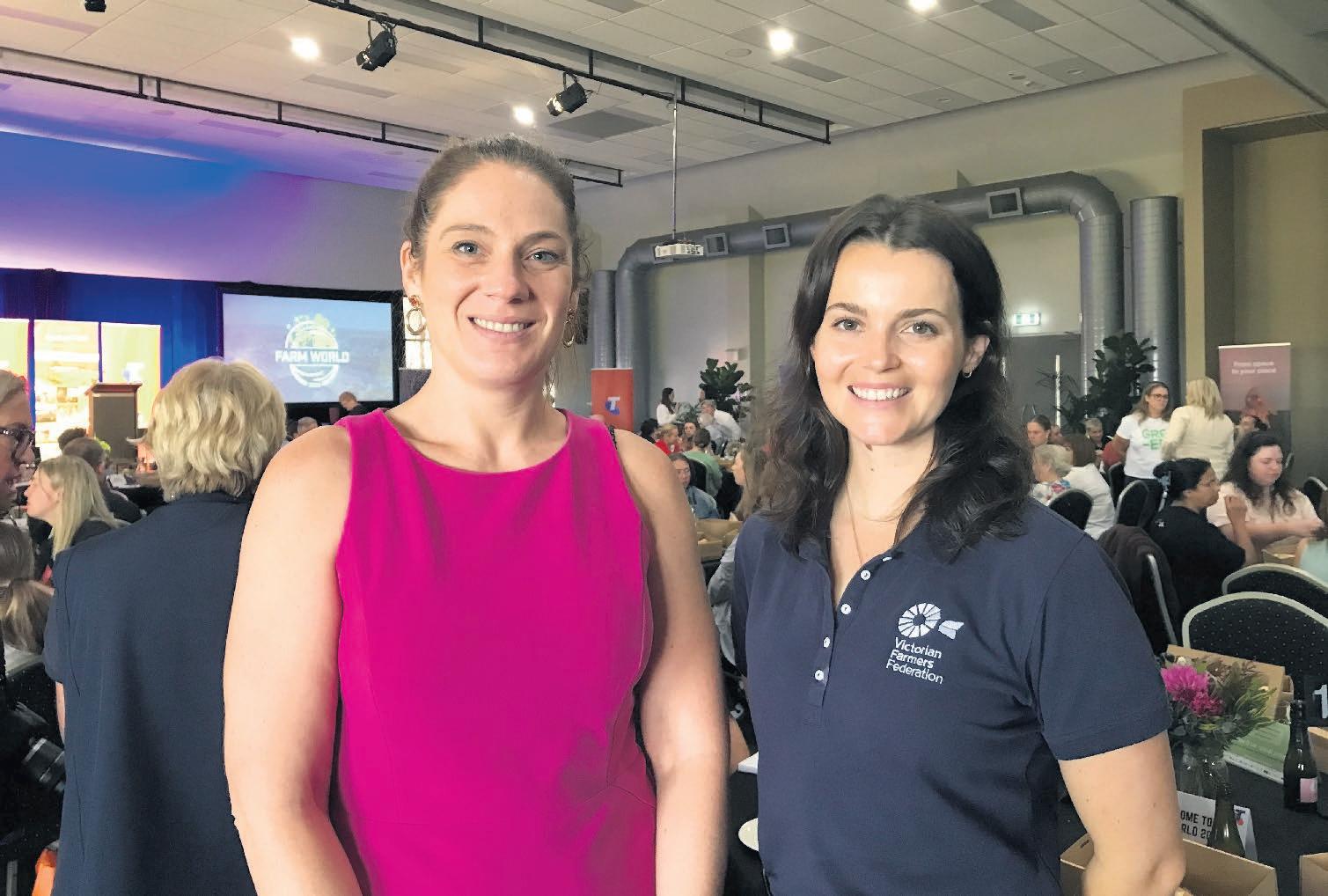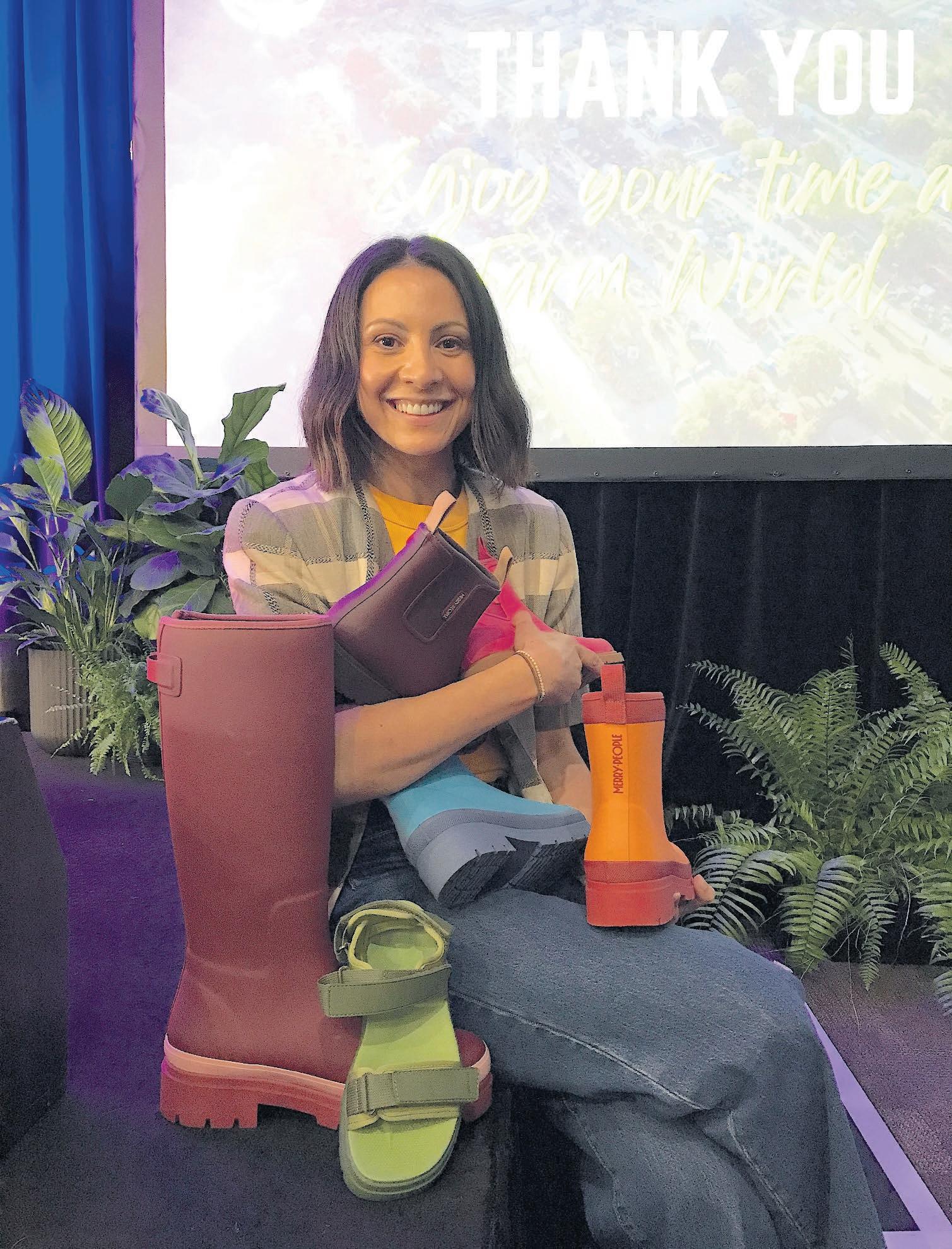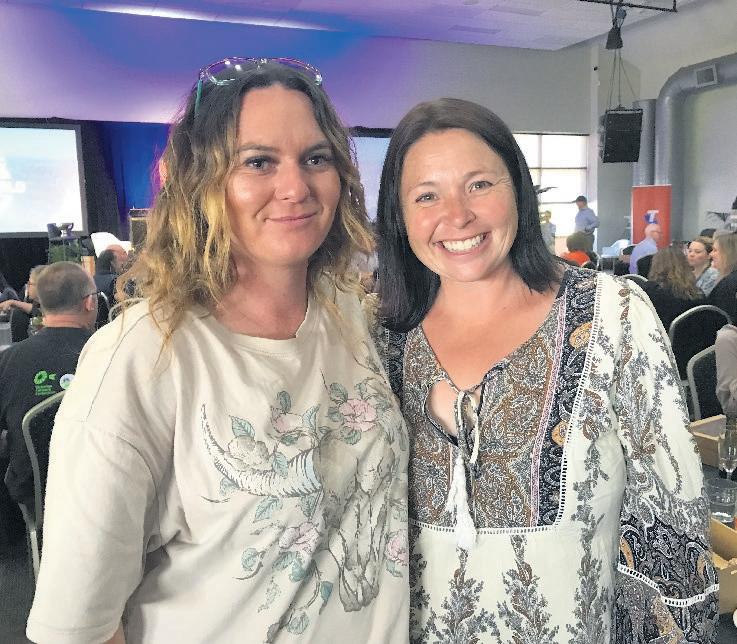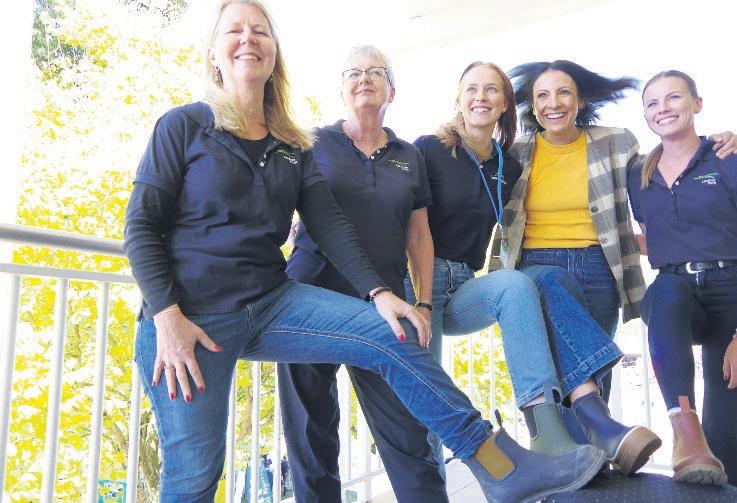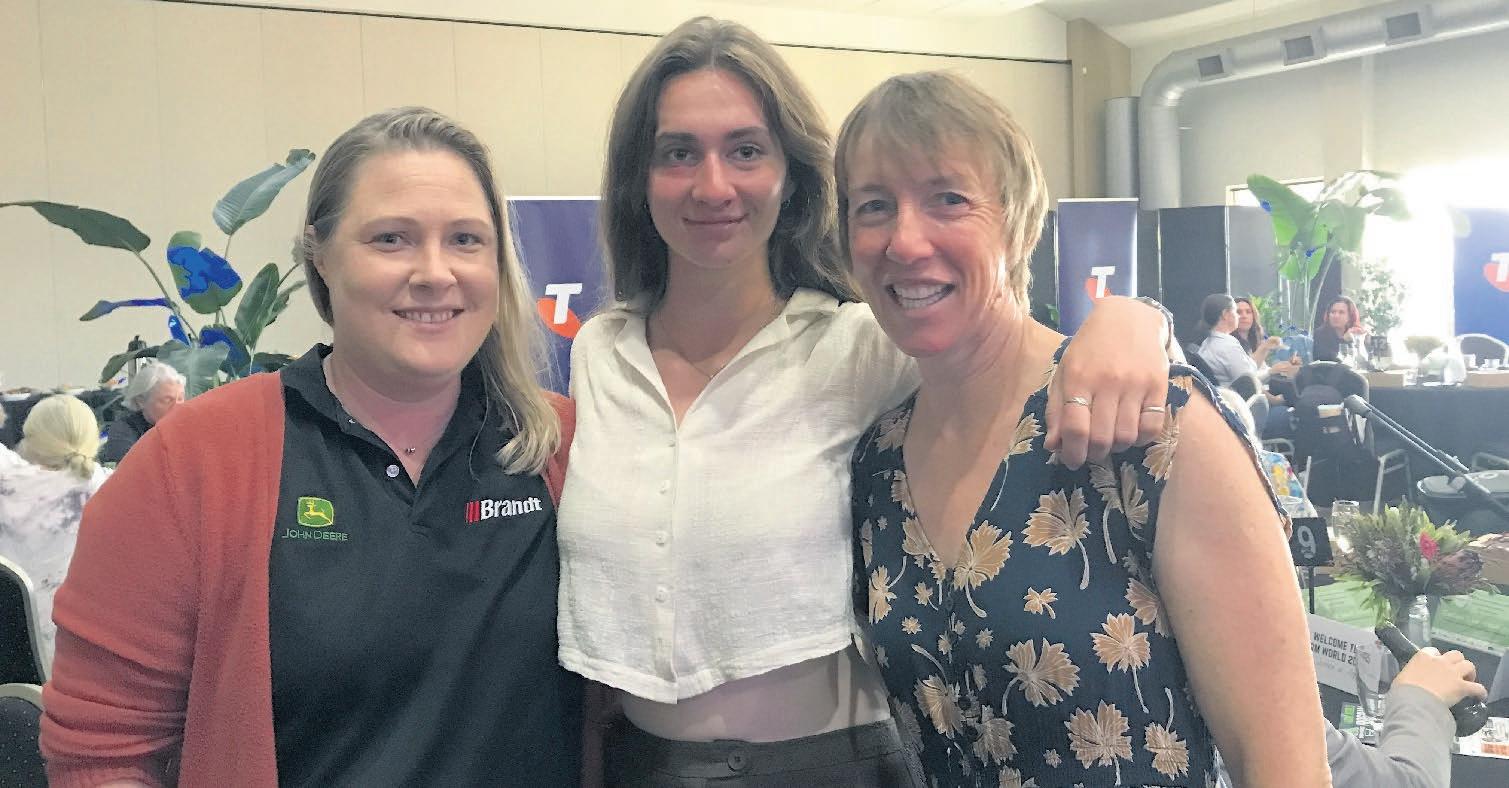GIPPSLAND REGION

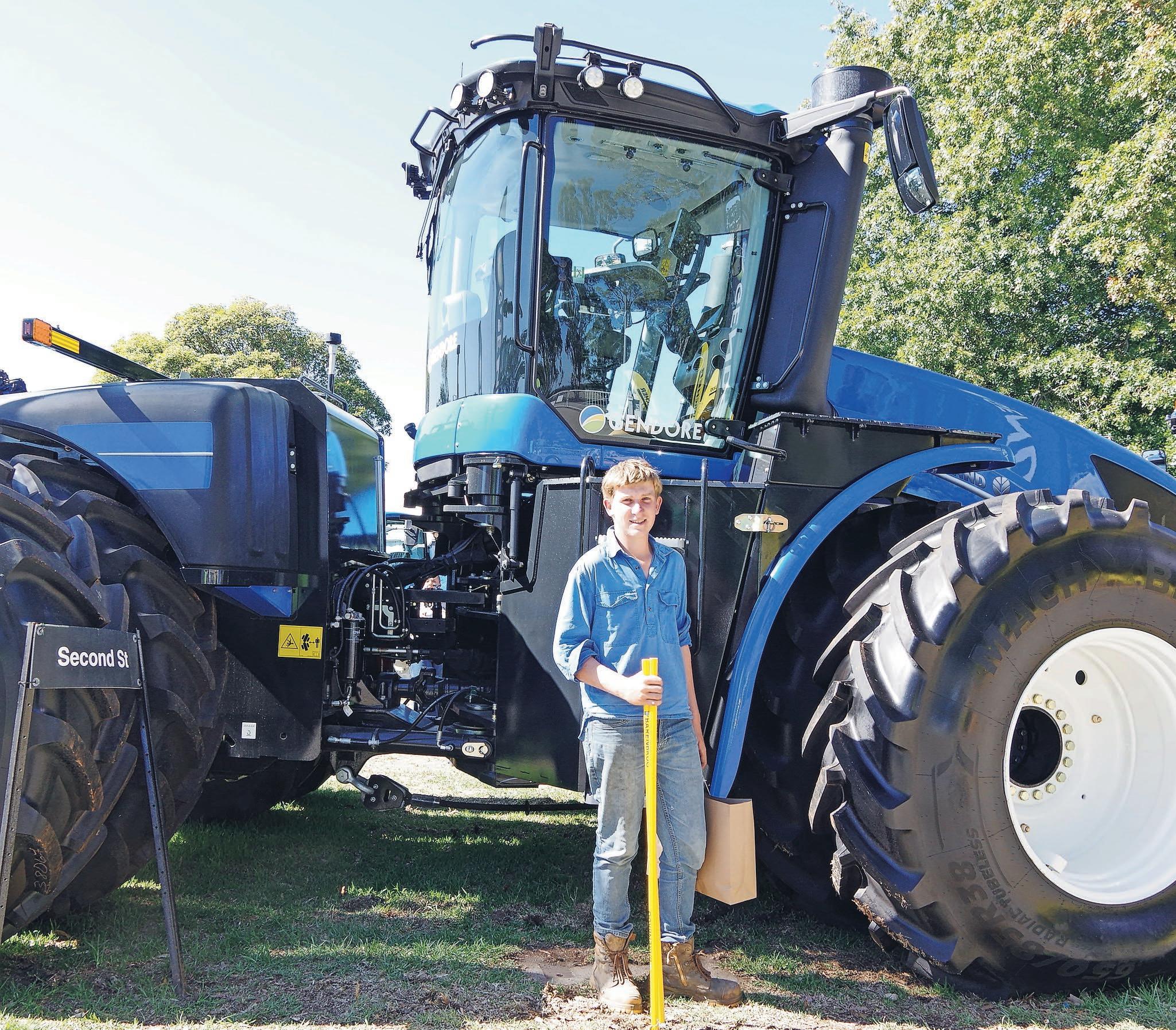
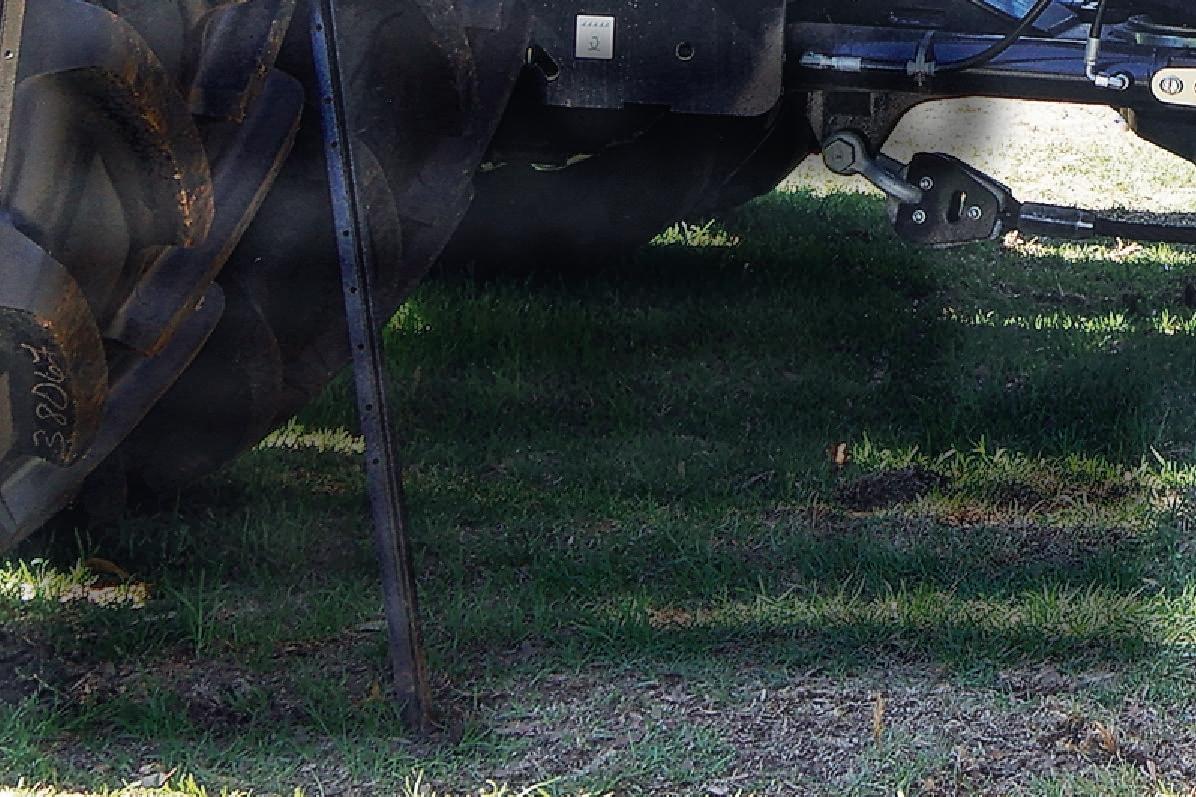



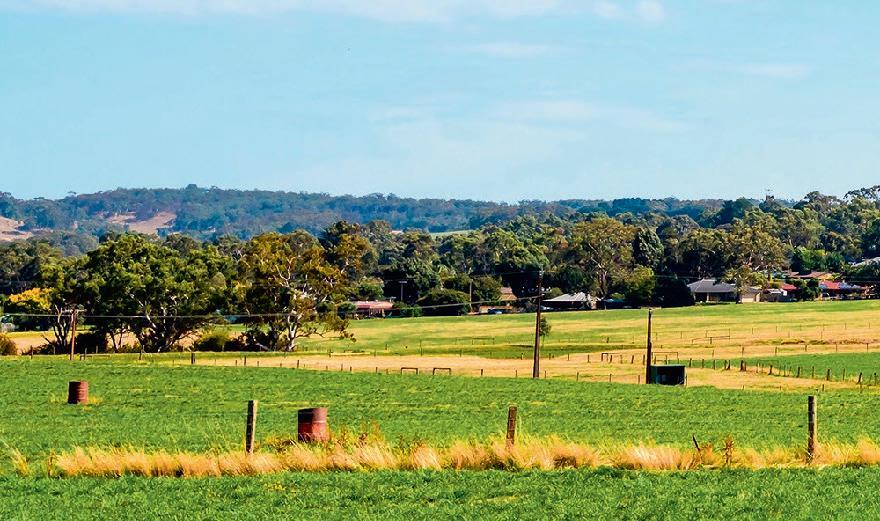
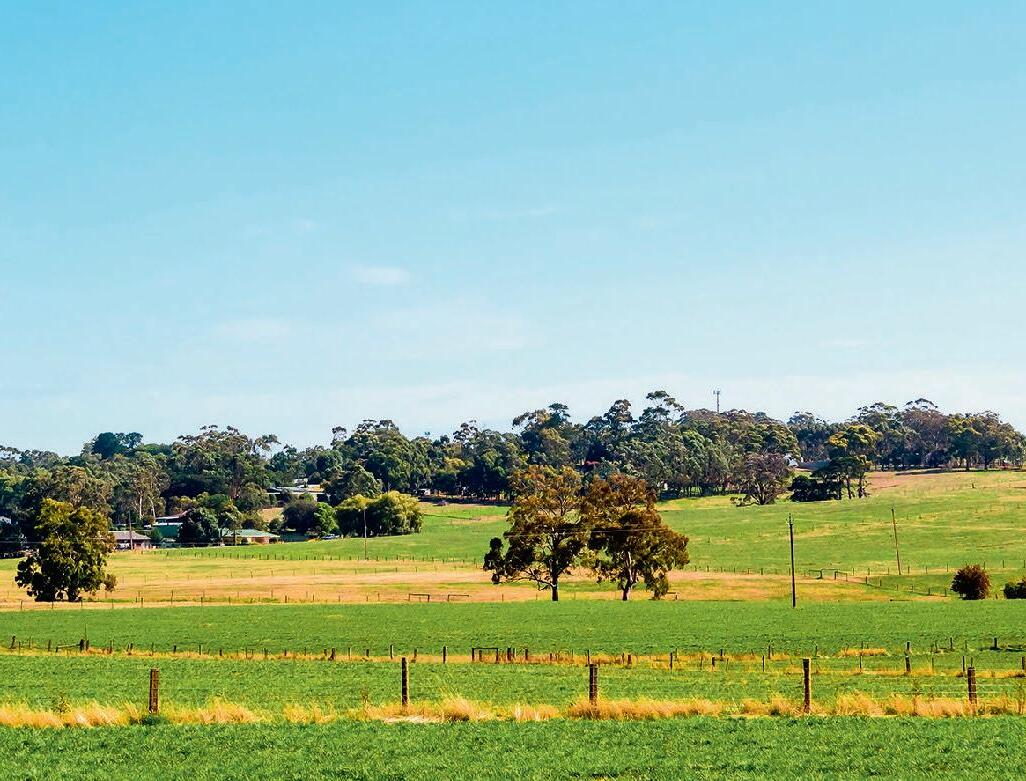
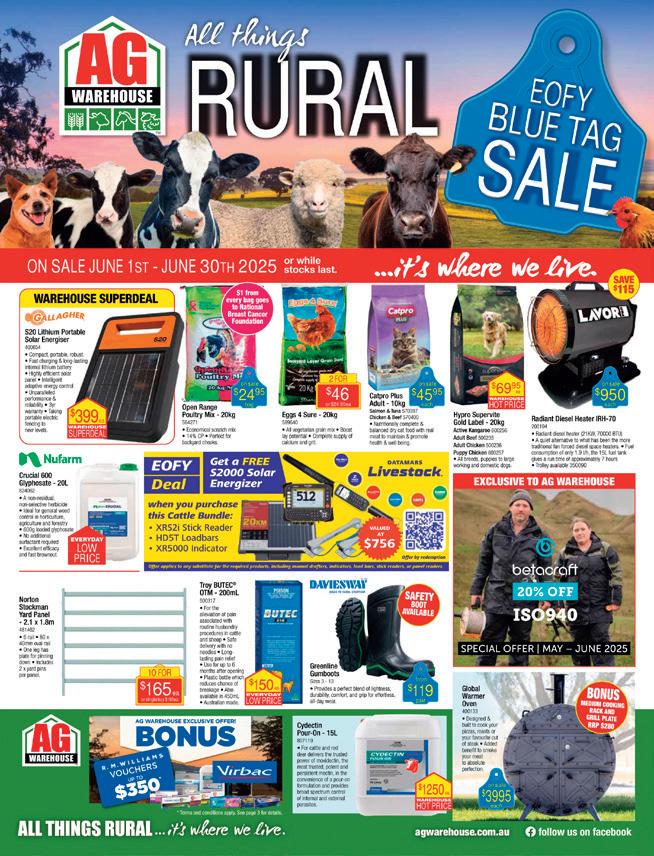
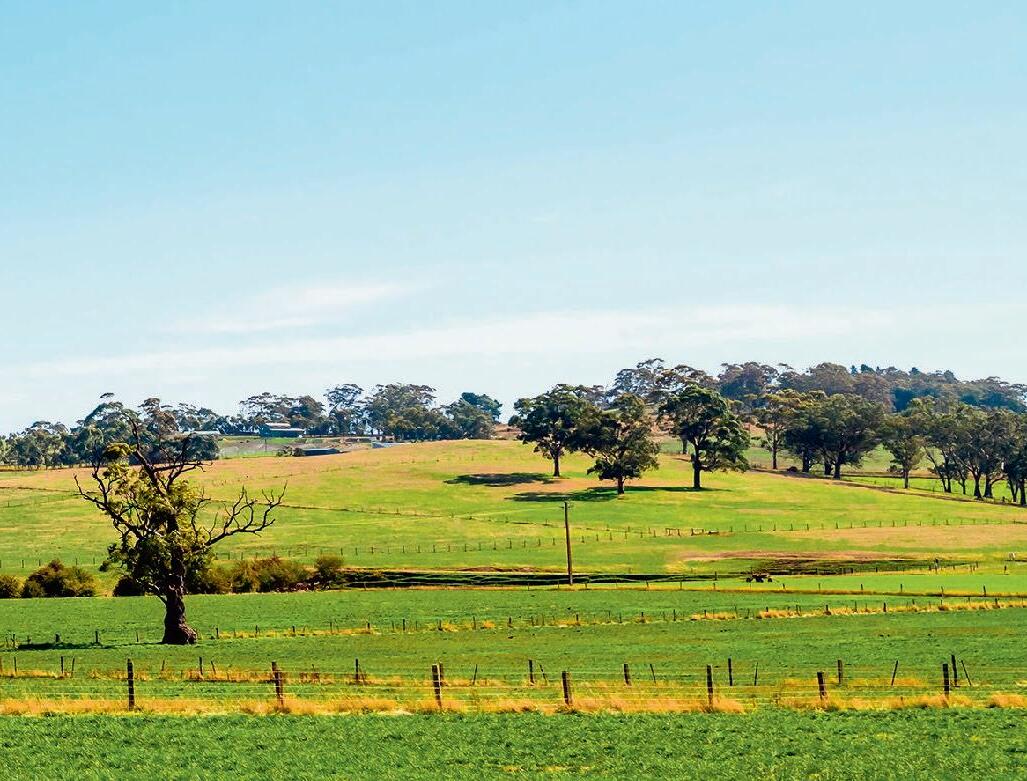
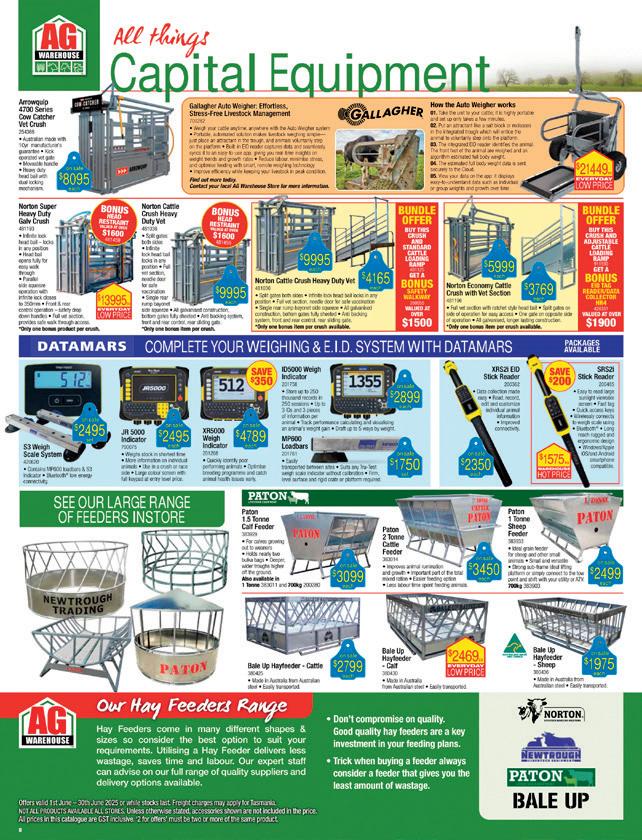












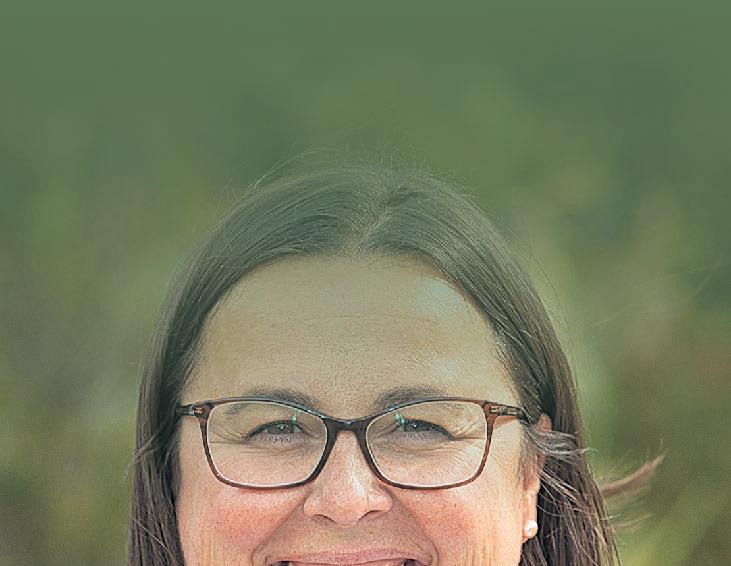
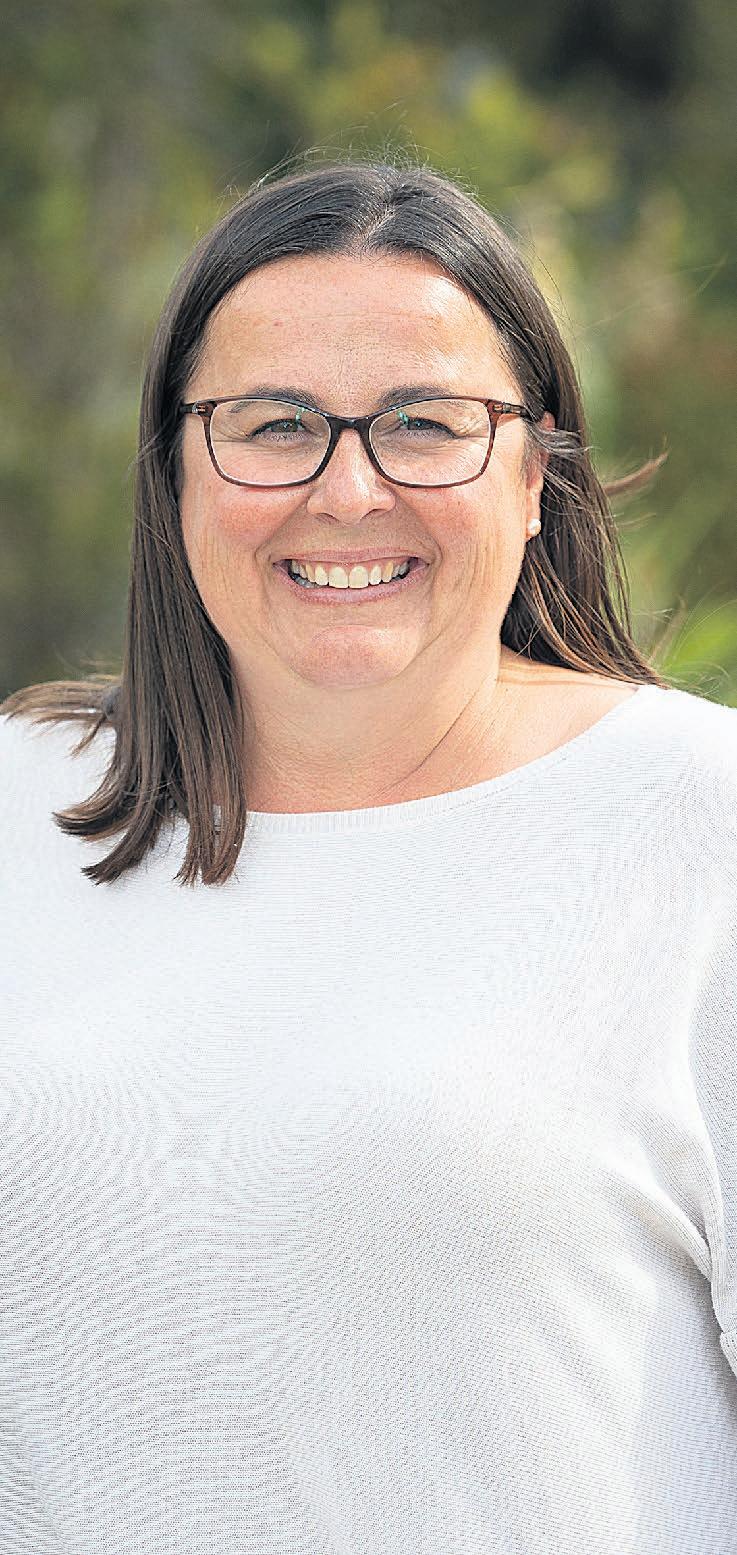
BY SARAH O'BRIEN
FARMING CONDITIONS in South and West Gippsland remain challenging this season.
The hope is a good four inches of soaking rain for long-term relief into soil and filling dams.
Farming is about risk and reward. For some, this season carries more risk than ever. However, relying on your personal and professional support team is a great way to reduce the level of risk.
Never underestimate the benefit of getting off the farm for a coffee with a friend. You aren’t alone in this, there are others travelling the same road.
Likewise, your professional team will provide you with good information and support for any on-farm decision making around water and feed.
GippsDairy is busy in the background bringing attention to the water needs in specific locations currently at critical level. Please get in touch if this is you or you are concerned about how much water you have left.
Planning ahead is important. Some farmer information sessions have been held and were valued by those that attended. These will continue to offer support and information to
help your on-farm decision making.
Dairy Australia’s Our Farm Our Plan program is a great resource available to all farm businesses.
If you have done it, there are some tools included you may want to revisit from time to time, including the Farm Fitness Checklist.
When goals are met, it’s a great opportunity to celebrate the achievement, it’s also a great opportunity to consider a new goal.
If you haven’t done the program yet it’s available in one-on-one sessions. A consultant will help you to assess and determine opportunities for your farm business. Set goals, consider risks to your business and come up with a plan on a page.
It’s a well-supported program that benefits the future of your farm business. You can register through GippsDairy on 5624 3900 or email info@gippsdairy.com.au
Recently the fourth annual GippsDairy Muster at Federation University was held titled Farming into the Future: Imagine, Inquire, Innovate.
With more than 200 registrations, the room was full of people inquiring about innovations that assist in better decision making.
The program included an update from Dairy Farmers Victoria president Mark Billings on virtual herding for Victoria. The
take home is we are as close as we’ve ever been on the back of NSW having passed legislation recently.
[Since writing this, Victoria has moved a step closer to legalised virtual fencing. See the story on page 2 of the national section of this edition of Dairy News Australia.] We were fortunate to watch prominent consultant John Mulvaney be presented with the 2024 ADIC Outstanding Service Award for his dedicated commitment to the Australian dairy industry.
John was presented his award by Peter Notman and Ben Bennett, chair of Australian Dairy Farmers and chair of the Australian Dairy Industry Council.
John is certainly a worthy recipient and his work throughout Gippsland and beyond has been impactful nationally.
I was heartened to hear John talk highly of the dairy industry as a whole that served him well. John spoke to challenges the industry faced at the start of his career, and even now we still face the same challenges.
It’s a great reminder as we face a drought in Gippsland the overall reward is playing the long game.
The rain will come, the grass will grow again and we can learn from this season how to adapt, adjust and innovate to protect our farm businesses into the future.
– Sarah O’Brien is the GippsDairy chair.
Better understand how dairy farm businesses can protect profitability and sustainability, and prepare for regulatory market changes, by reducing greenhouse gas emissions.
We’re delivering workshops in di erent locations to support farmers with:
• Understanding how to calculate farm emissions and why this number is important.
• Exploring practical steps to reduce farm emissions.
• Gaining a solid understanding of factors influencing farm emissions.
• Learning about the industry’s emission reduction targets and getting clarity on carbon terminology.
For more information call the Gippsland team on 5624 3900 or register for a workshop in the relevant location via the QR codes below.


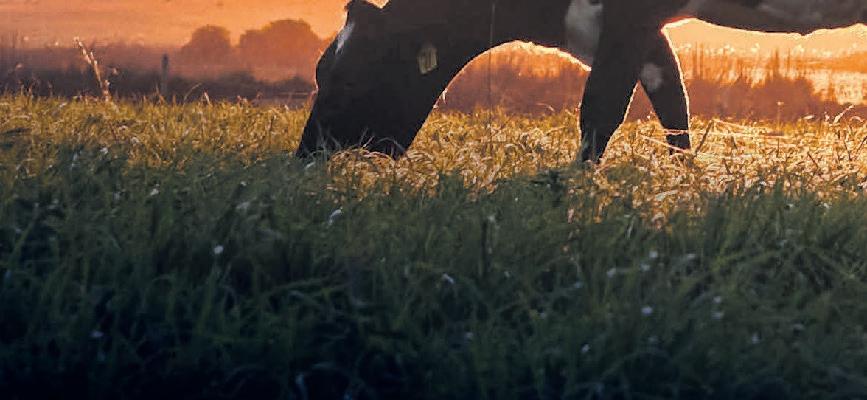
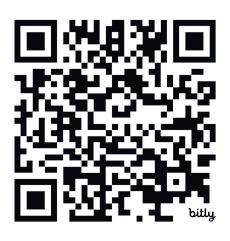
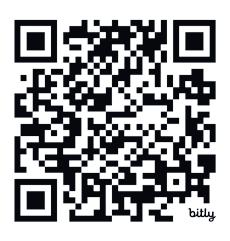
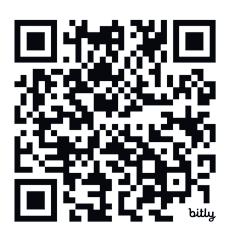
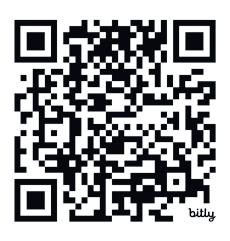
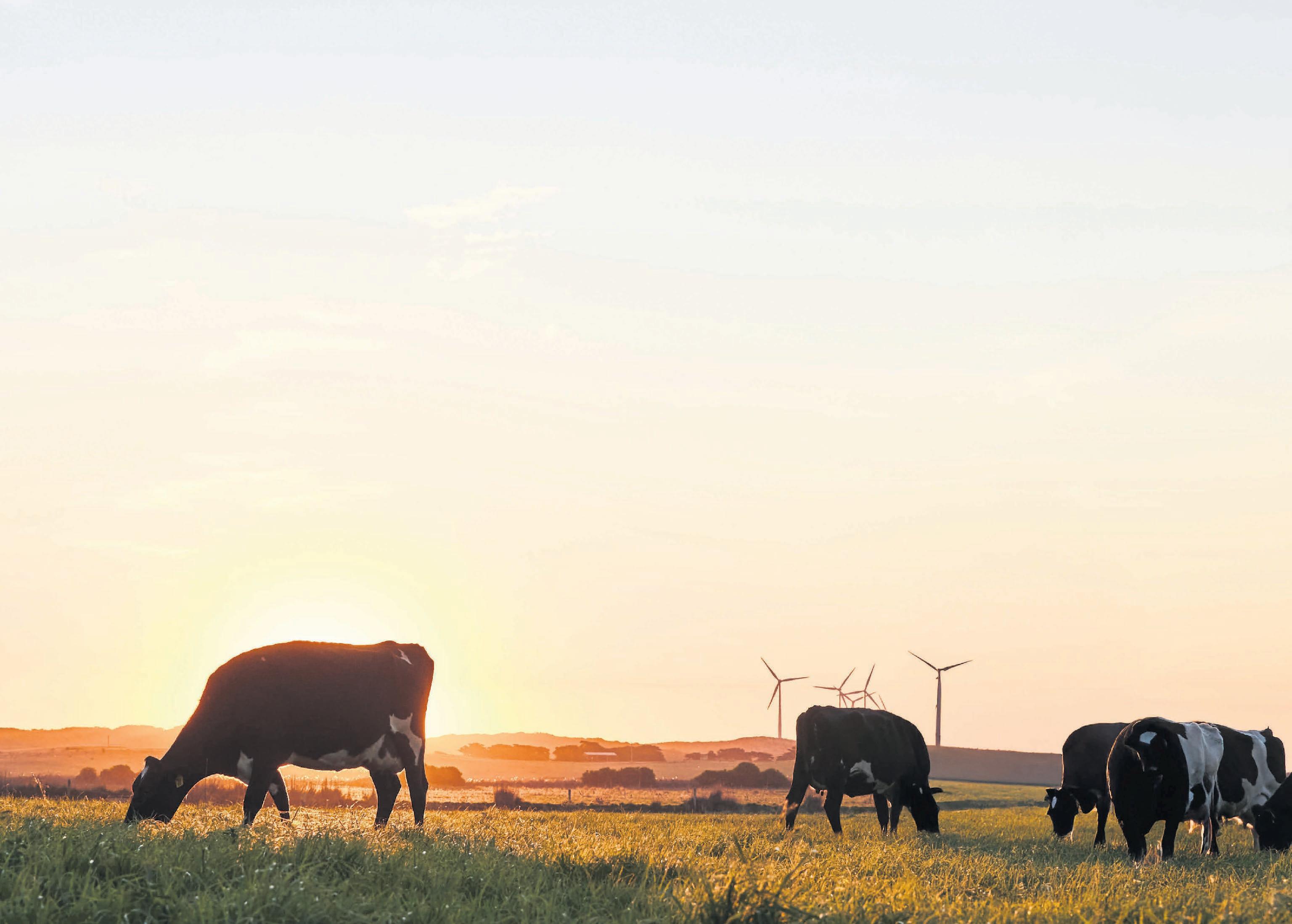
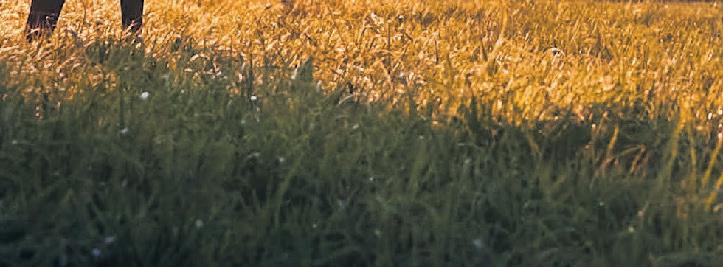

BY JEANETTE SEVERS
IT WAS a standing ovation when John Mulvaney received an industry award at the GippsDairy 2025 Dairy Muster on Wednesday, April 30.
The 2024 Outstanding Service Award is presented by Australian Dairy Industry Council to an industry representative or farmer who has demonstrated exceptional leadership, dedication and significant contributions to the Australian dairy industry.
John was named the 2024 recipient and was presented with the award at the Dairy Muster in Gippsland because he lives in Leongatha, a town in the region.
“John Mulvaney has inspired us, challenged us and has made us all better, and we are extremely thankful for it,” Callum Moscript said, dairy farmer and MC of this year’s Dairy Muster in Gippsland.
Peter Notman, a dairy farmer at Poowong (nearby Leongatha), principal of Notman Seeds, and long-term friend of John, was tasked with delivering the tribute.
Peter said up until morning tea, people were still contacting him with comments and anecdotes about John, who spent several decades as a farm consultant to the dairy industry.
John was a trailblazer in the field of farm consultancy.
Peter said John was renowned for not minding anyone overhearing him when he was talking with another person – because as a farm consultant, John believed farmers learned from each other.
“John dedicated his life to doing health checks on our dairy industry and families,” Peter said.
John Mulvaney was employed in the 1970s

at what was then Melbourne University’s McMillan Rural Studies Centre, located at Warragul.
It then became the Victorian College and Agiculture and Horticulture, McMillan campus.
The centre delivered courses focused on farming and agriculture.
“John ran a dairy challenge course for us farmers and it was packed with information, innovation, productivity, insights and profitable strategies,” Peter said.
“John was eventually poached by Murray Goulburn to head up their field services team.
“John saw the opportunity for on-farm
advisory roles when the agriculture department stepped back from more practical support.
“John turned field services into a really progressive on-farm delivery and support course.
“Farmers didn’t just get a visit from John or another member of the field services staff, they got value on-farm.”
In the late 1990s, John established his own on-farm consultancy business, and would visit two to three farms each day.
“John quickly realised he needed a better format so he started discussion groups, so he could help more farmers more often,” Peter said.
Those discussion groups led into focus farms
BY JEANETTE SEVERS
JOHN MULVANEY acknowledged the role of his wife, when he accepted the 2024 Outstanding Service Award presented annually by Australian Dairy Industry Council to an industry representative or farmer who has demonstrated exceptional leadership, dedication and significant contributions to the Australian dairy industry.
John was named the 2024 recipient and was publicly presented with the award at the 2025 Dairy Muster in Gippsland because he lives in Leongatha.
“It was about 30 years ago when I did my first couple of presentations on intensive pasture management systems, in NSW,” John said.
“The issues in the mid-1970s and now are the same – tariffs, extreme seasonal conditions and milk pricing structures.
“I feel incredibly humbled to receive this award. I can think of half a dozen peers who should receive this award rather than me.
“Because I’m 70 years old and I’ve got the opportunity, when you give a 70-year-old a microphone, you’re in for it.”
John reflected there were many people and opportunities he appreciated for how they had contributed to his success.
Not least was his wife, Leonie, who he said he dragged from the city to the rural hamlet (then) of Leongatha, so he could teach – and the pair knew no-one.
John found his own group of peers quickly, including dairy industry surnames of Jelbart, Hitchings, and Notman.
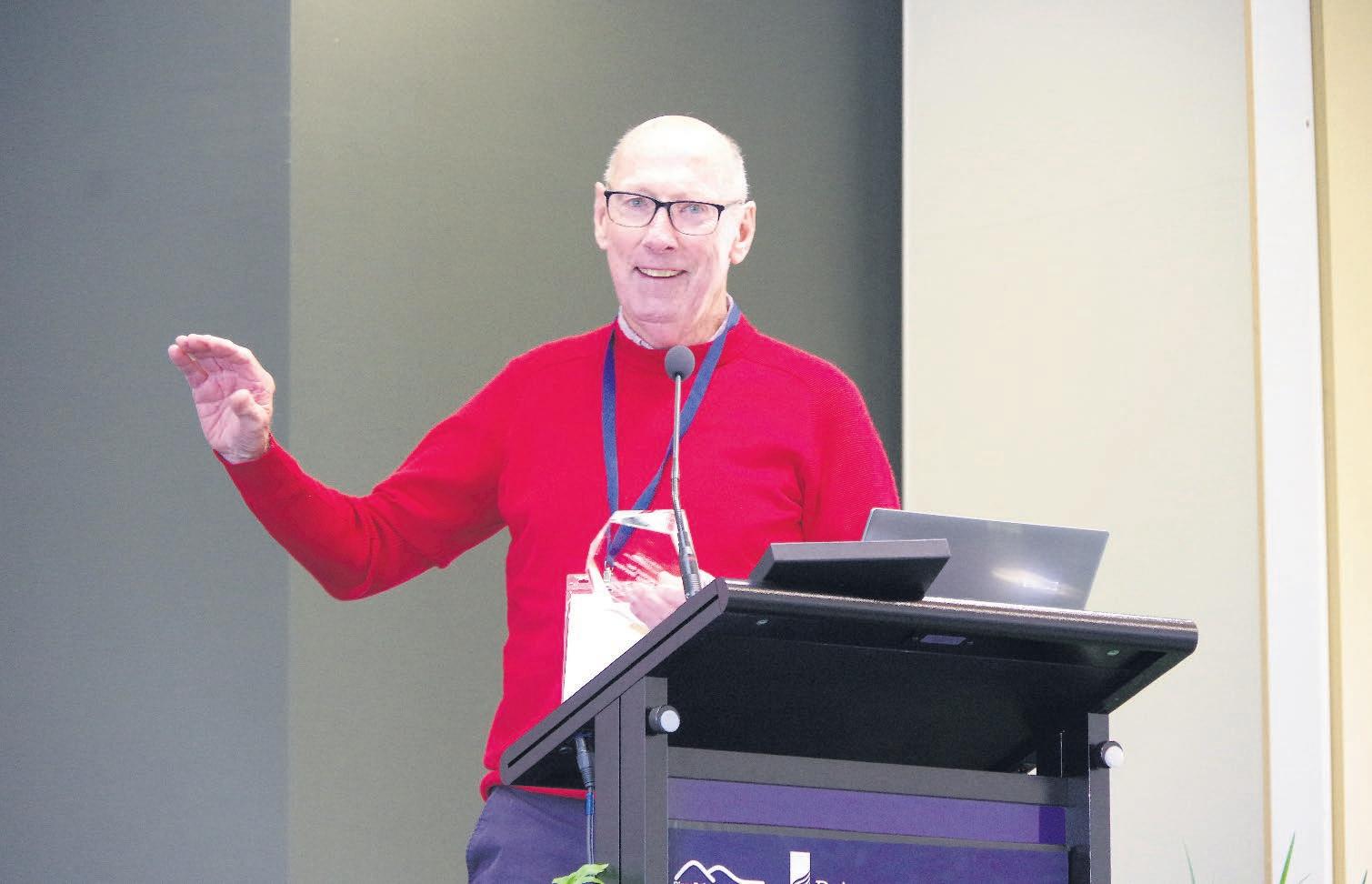
These are a group he credits with helping him achieve success in life.
“They were positive innovators and were prepared to share their information,” John said.
“If they hadn’t been my lifeline group, and given me that lifeline, I wouldn’t have made it.”
John paid tribute to his own mentor, John Gallienne, a farm consultant who became the project manager for the GippsDairy focus farms program, among other programs.
“John Gallienne took me under his wing. There were a whole raft of people who mentored and
and both formats encompassed dairy farms across Victoria, into NSW, in South Australia and Tasmania.
“Many people realise they and their farm business have benefited from the wisdom of John, and his ability to talk to each and every one of us,” Peter said.
“He’d also be able to talk about things that were hard and simplify them for you to make them easier.
“He made economics engaging and interesting, and helped you to understand the milk prices.
“He was always saying, grow cows, not tractors.
“And he was a great mentor. He believed in investing in the next generation of farmers, consultants and industry leaders.
“He truly wanted farmers and their families to succeed. He craved the opportunity for us all to succeed.
“His allegiance is led with integrity.
“Your legacy is real and lasting, John, and you have truly earned this honour.”
ADIC chair Ben Bennett said the award recognised an industry contributor from anywhere across Australia, who has made a significant contribution to the dairy industry and manufacturing sectors.
“John Mulvaney worked with farmers and farm businesses of all sizes across the country, helping people achieve their dreams and improve their operations,” Ben said.
“John’s contributions extend beyond individual consultations. He has authored thought-provoking articles, developed industry benchmarks and introduced innovative concepts.”
There are many videos online in which John discusses those concepts and how to apply them on the farm.
supported me,” John said.
“I’m sorry I’ve never acknowledged to them how much they helped me.
“I appreciate the countless farmers who let me get into their heads, listened to them, recorded their information and then sent them a bill.”
John said his own family often missed out on his time and attention, because he would often walk away from them to take a phone call from a farmer, or another industry representative.
“Leonie was the backbone of my business,” John said.
“I’ll never forget the day I woke up, and it was the first day I was self-employed, and I thought, what have I done?
“My family didn’t see enough of me, and I have to thank them.
“I would leave the dinner table and go and do dairy. And I now regret that.”
John said he was pleased to see the industry change away from the old format of focusing on the business first and family and lifestyle secondary.
He acknowledged the wisdom of young farmers who have re-established boundaries around their own family and personal time.
“I reckon you’ve got it right. You’ve got a better life balance than my generation, because we weren’t allowed to have too good a time in my generation,” John said.
“We were expected to work hard and leave having fun until later. And I see too many elderly dairy farmers who are starting to have fun too late.”
John said the modern dairy farmer was prepared to wait longer for the same asset growth, but still benefited from applying the same business principles that farmers have been applying for a long time.
“The dairy industry is in pretty good shape,” he said.
“Dairy farmers are good at innovation and adoption of new ideas.
“They have the ability to make complex decisions quickly, and they share information.
“No industry I know shares information like you do. So I think dairy farming is in good shape.
“It’s still a good industry to encourage young people into, to achieve good asset growth and self-satisfaction.”
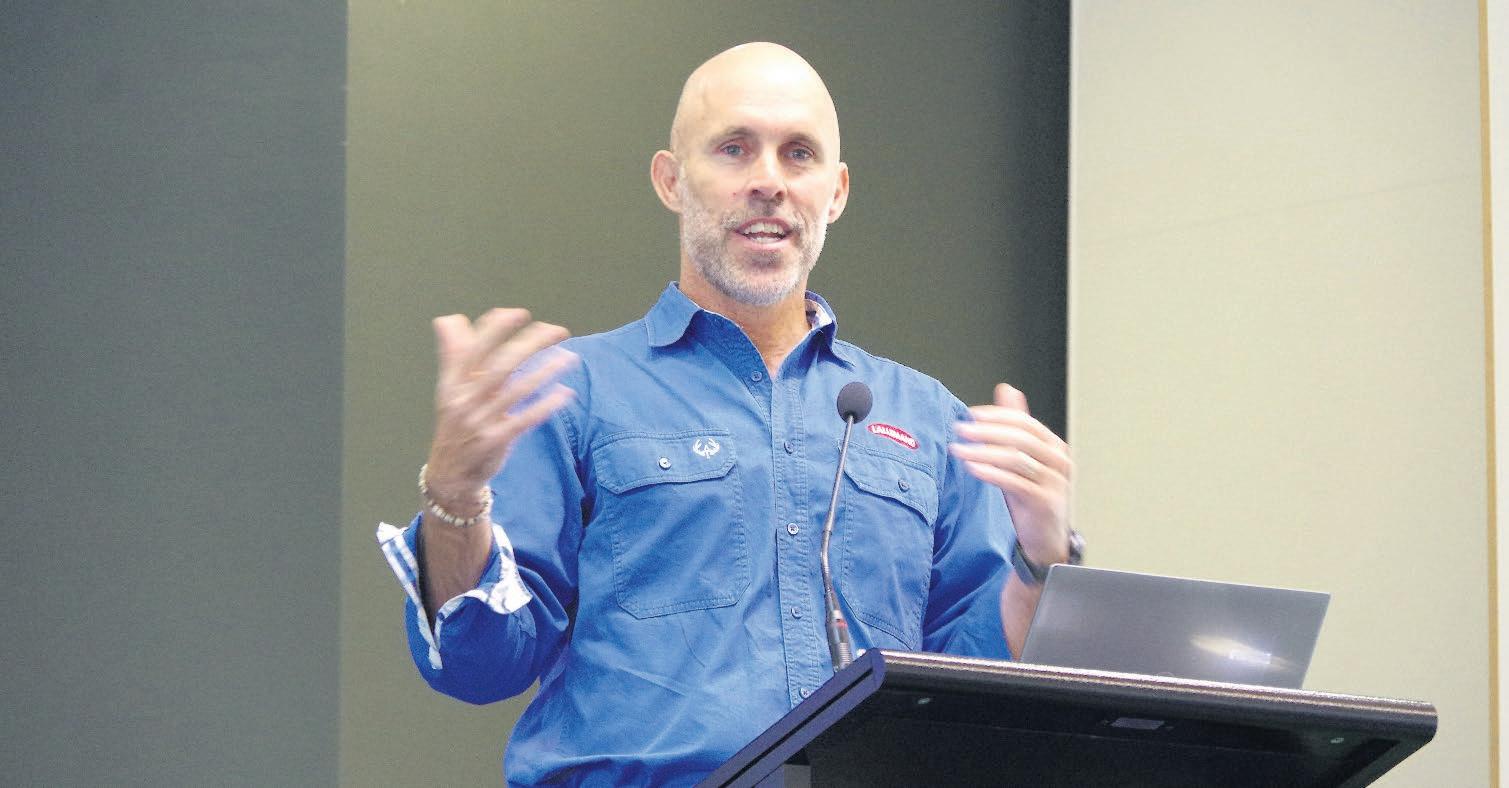
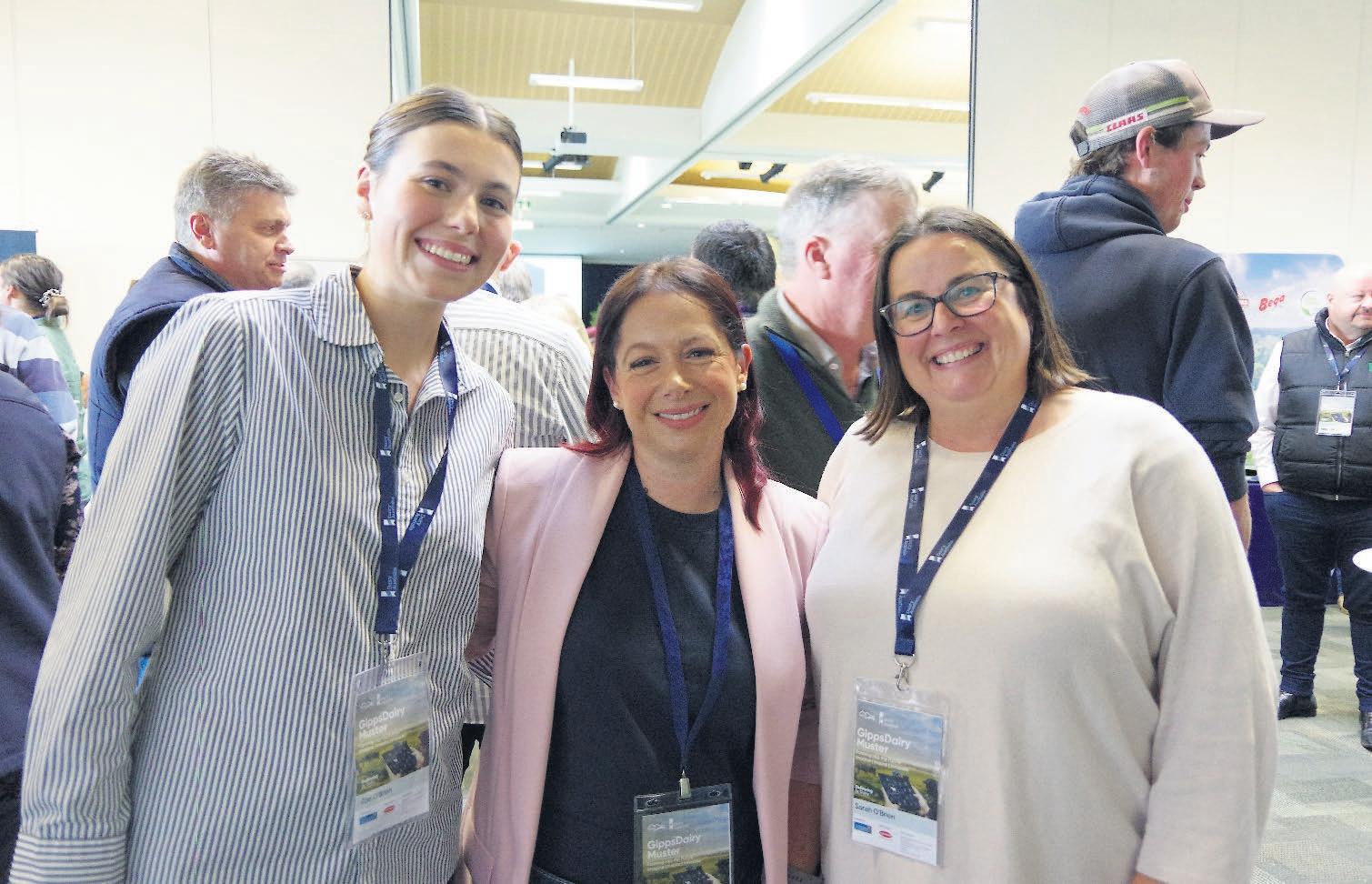
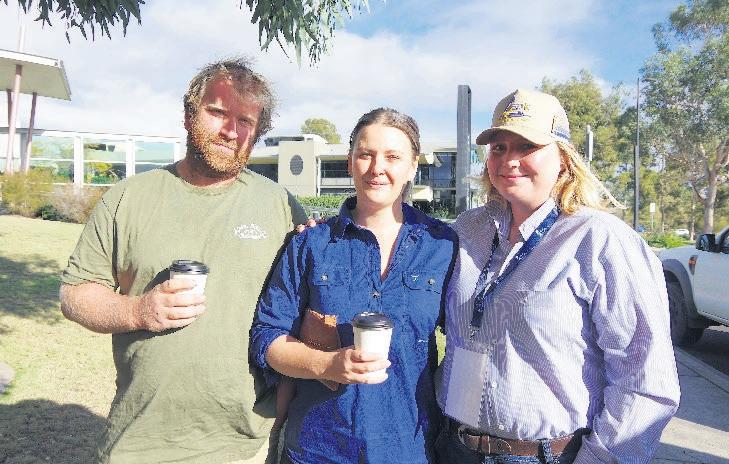

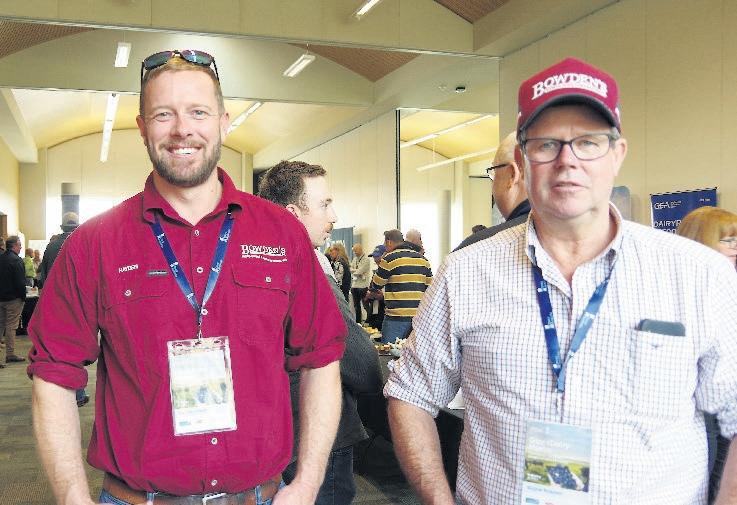
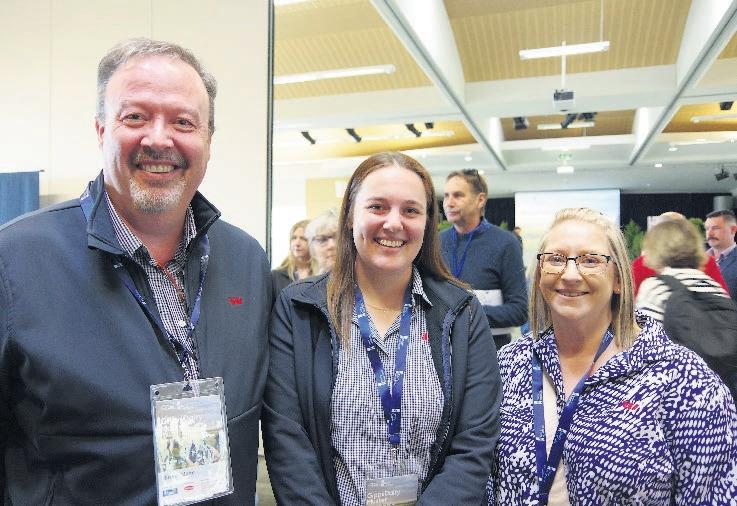
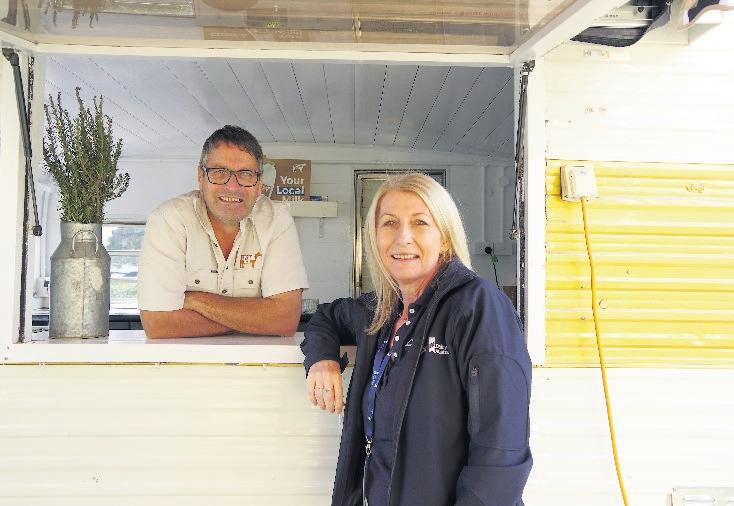
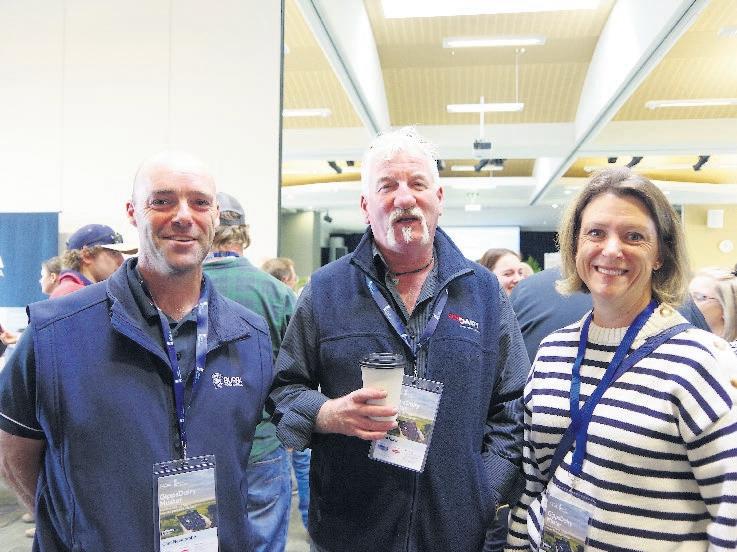
BY JEANETTE SEVERS
THE ANNUAL Gippsland Dairy Muster was well attended on Wednesday, April 30, with its theme of Farming into the Future – Imagine, Inquire, Innovate.
“This is our fourth muster and today’s turnout — more than 200 people registered — tells me that farmers want this in Gippsland and our topic is obviously hitting the mark,” GippsDairy Board chair Sarah O’Brien said.
“The GippsDairy muster 2025 heard from industry experts about the latest trends,
technologies and practices in dairy farming.
“We heard from local and interstate farmers about ways they have used new and developing technologies to enhance the future of their farm business.
“The topics we heard about today, they’re very integral topics for the dairy industry.”
Sessions explored the latest innovations in drone technology, animal health and performance monitoring and some of the technology to monitor pastures.
Dairy Farmers Victoria president Mark Billing provided an update to the dairy muster audience about progress towards achieving legislation to enable virtual
• Buying ALL types of cattle for export and local trade
• Payment on the day
• Animal husbandry and all-round advice
• Extra money for empty cows
• Over 50 years experience
TRADING HOURS
Tuesday, Wednesday & Thursday 9am to
herding in Victoria.
Integration of technology platforms was a topic that was hotly debated at the muster.
The muster was held at Federation University’s Churchill campus. In the alternate year, the muster is held on a Gippsland farm.
See more pictures from the event online at: www.dairynewsaustralia.com.au
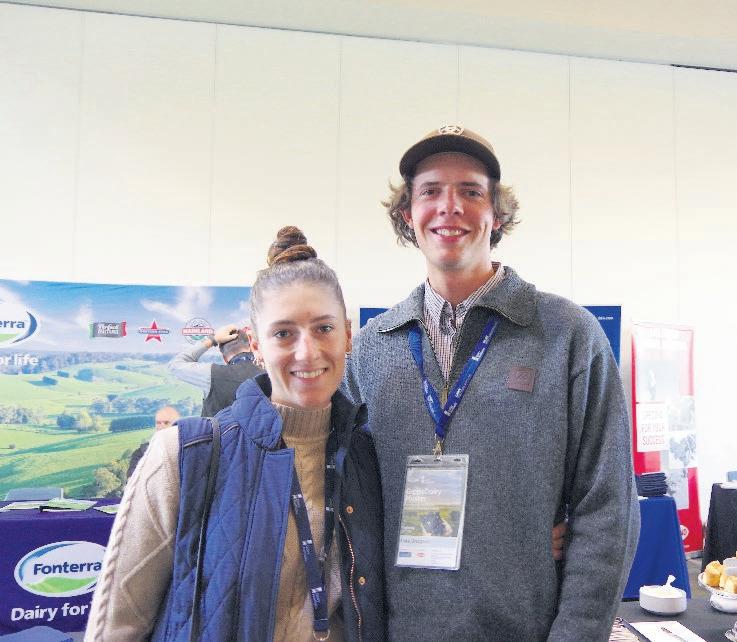
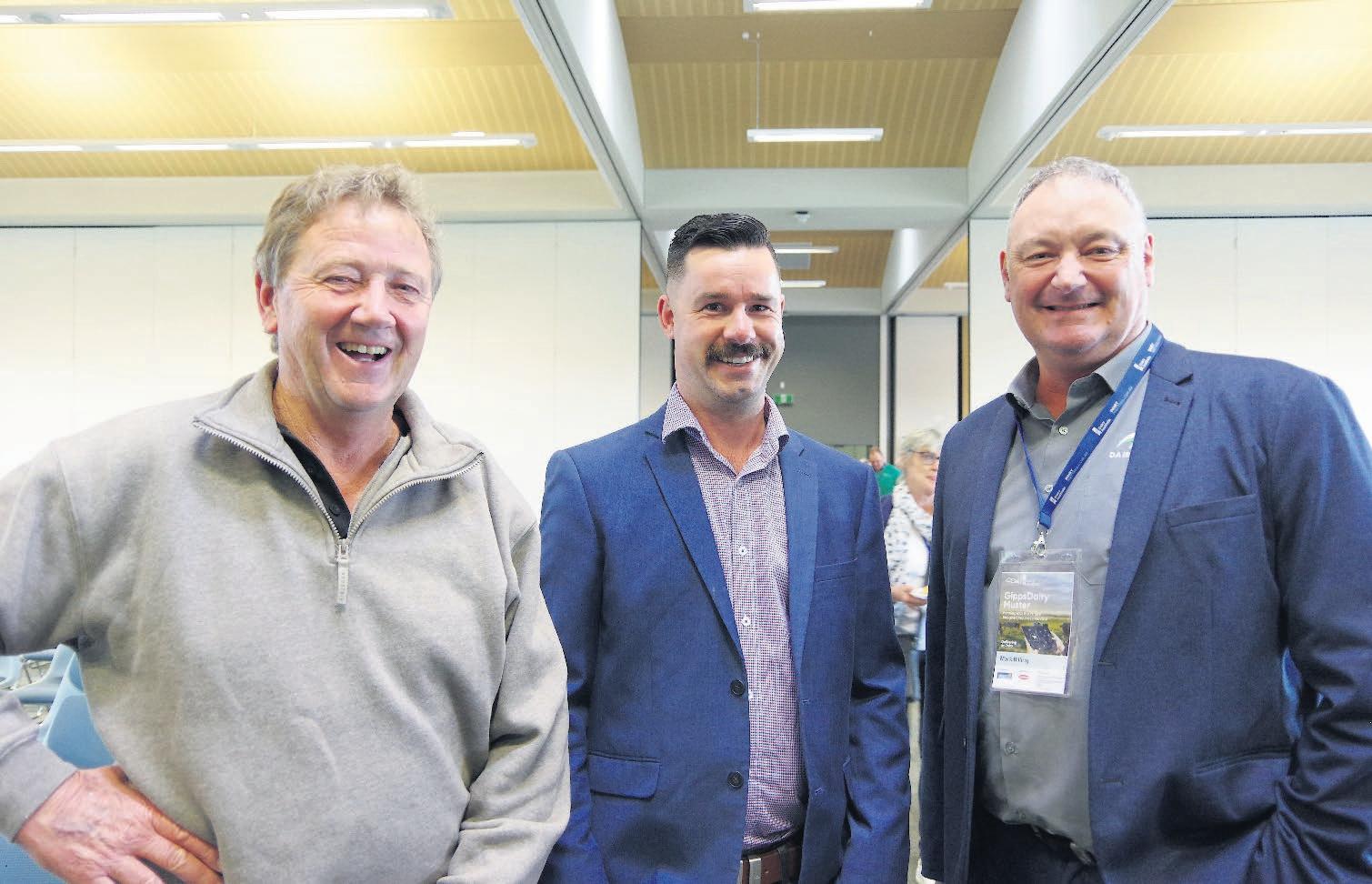
BY JEANETTE SEVERS
THE POPULATION growth of Gippsland was the topic of conversation at breakfast at Farm World in late March.
The annual breakfast is sponsored by CommBank and attracts a large crowd of early arrivals, many of them dairy farmers and local business owners, and a key guest speaker.
This year’s guest speaker was Bernard Salt, demographer and leading social commentator.
Bernard also spoke about the potential for Australia’s agricultural producers to deliver food security globally.
See more pictures from the event online at: www.dairynewsaustralia.com.au
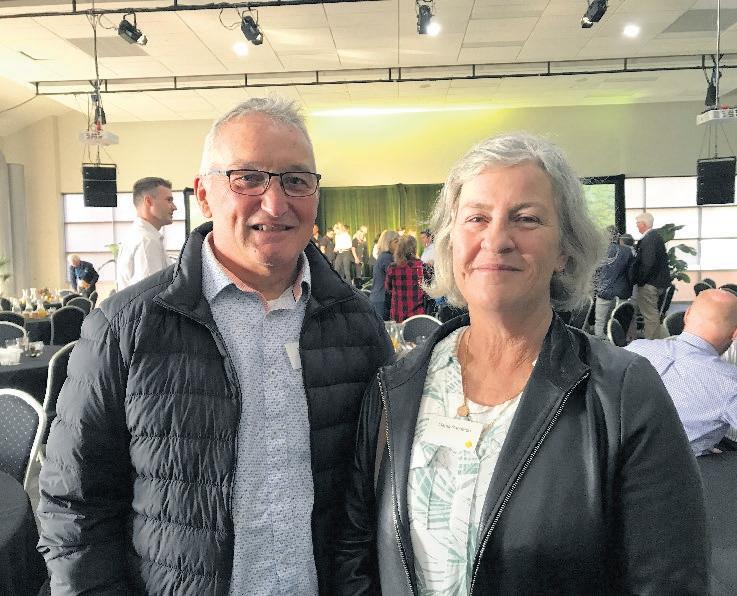
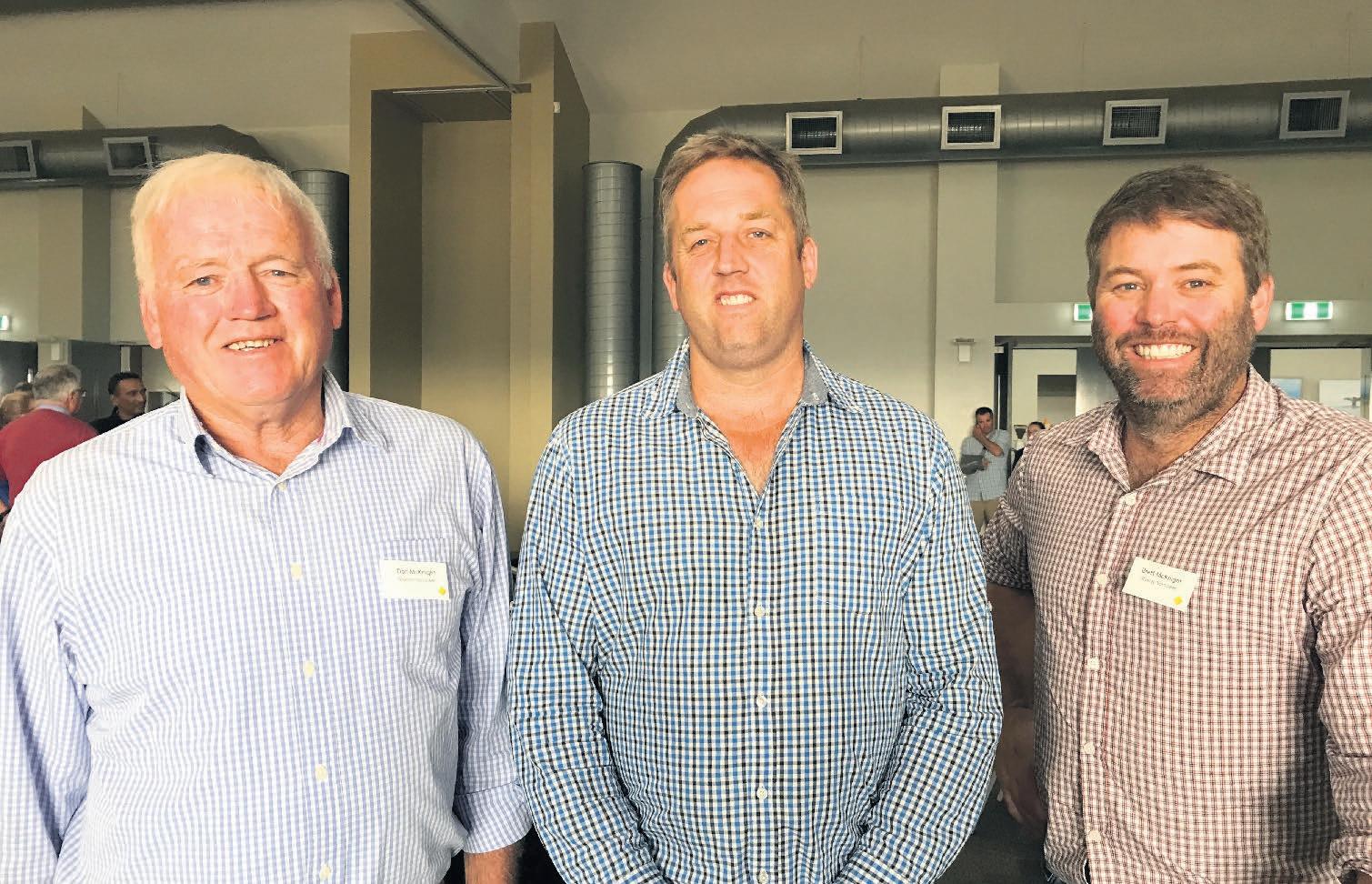
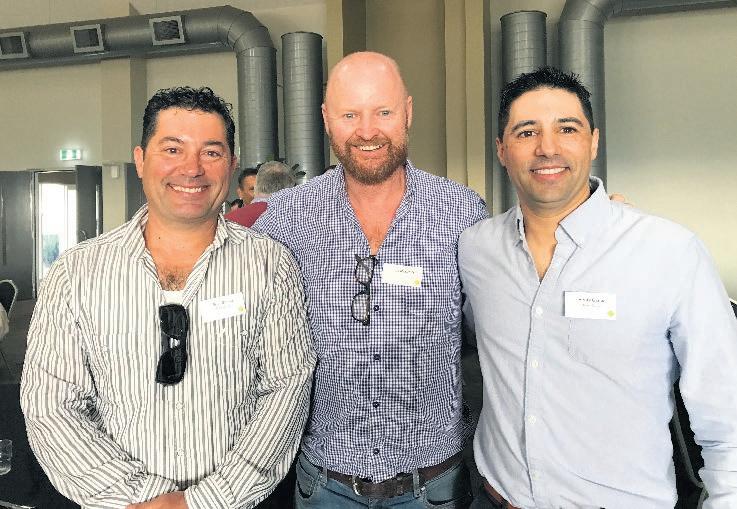

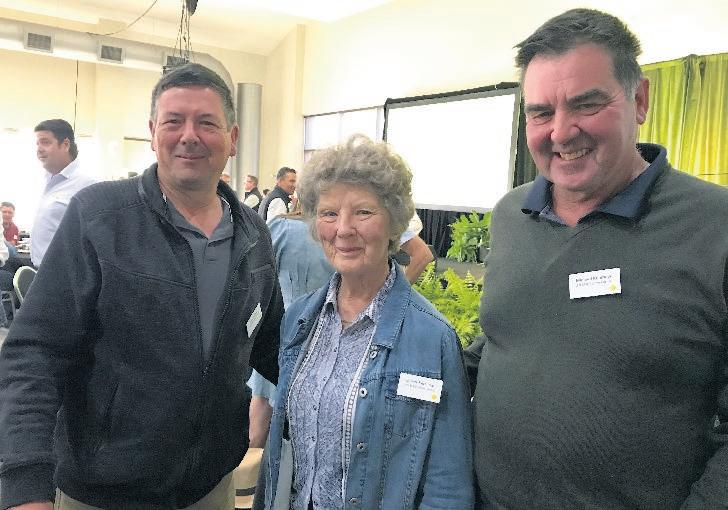
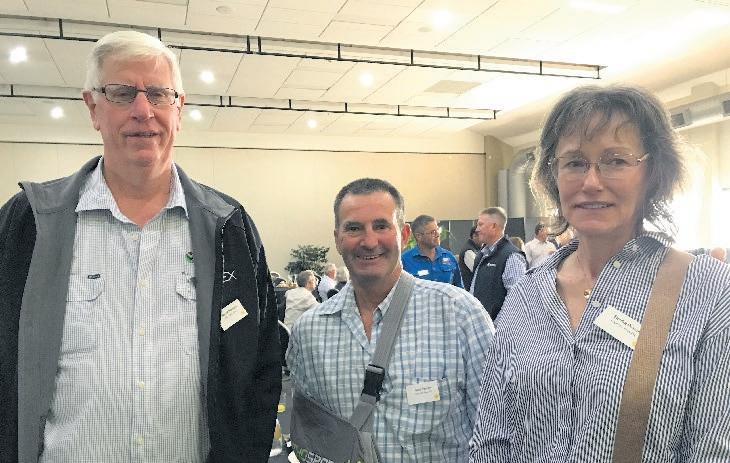

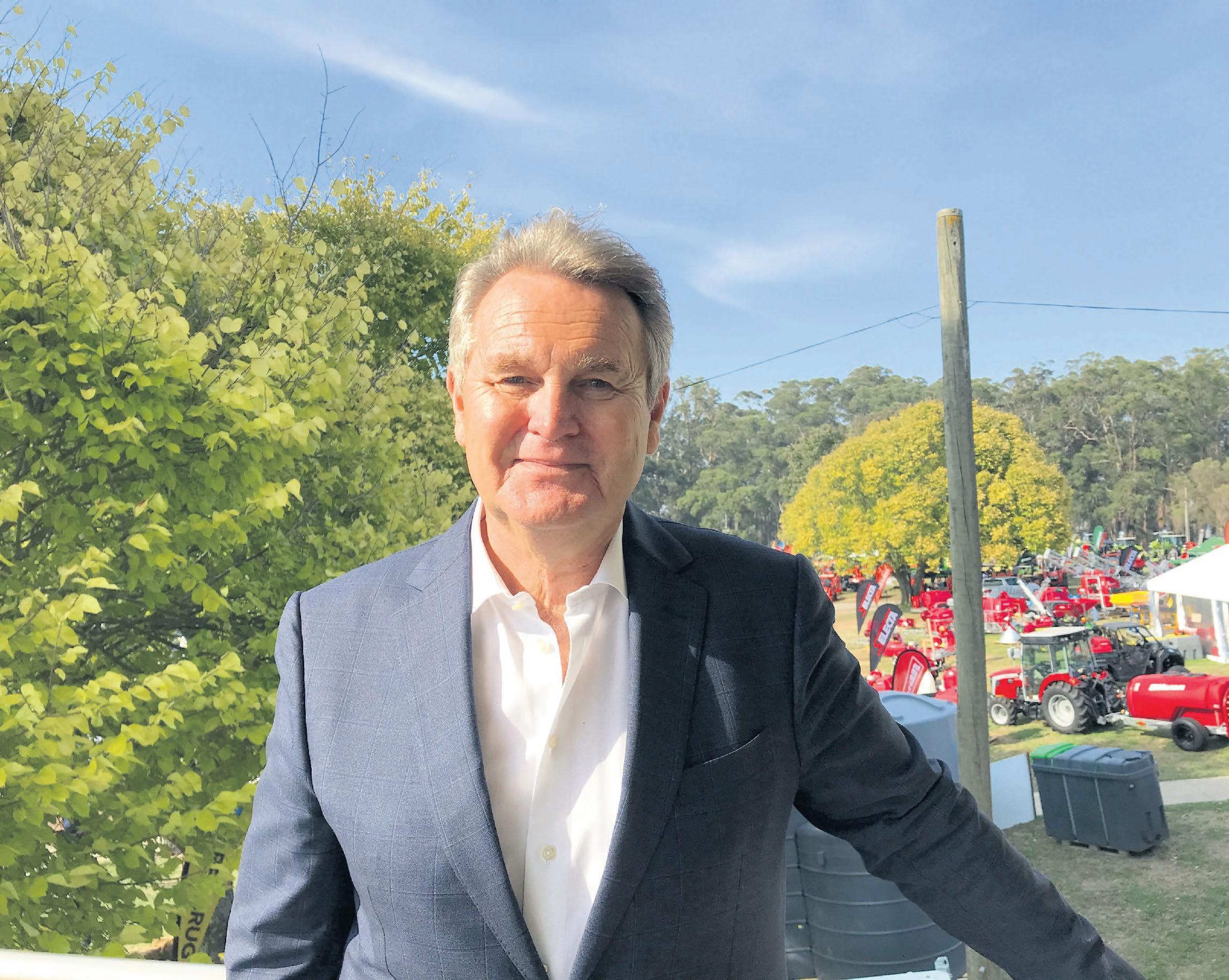
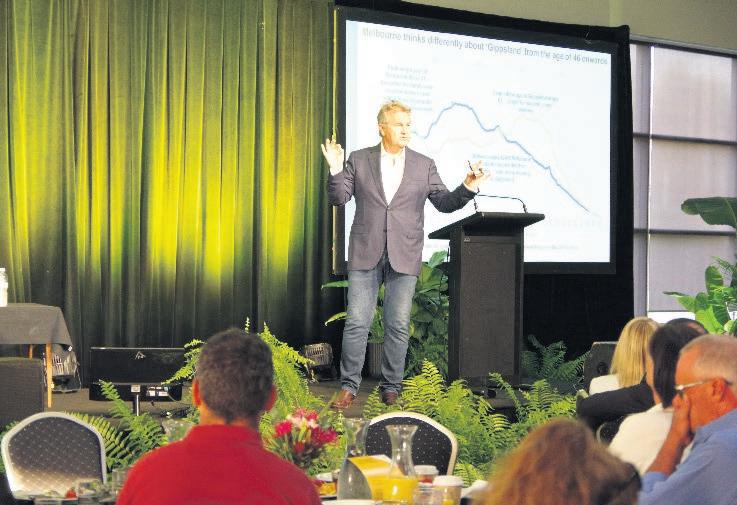
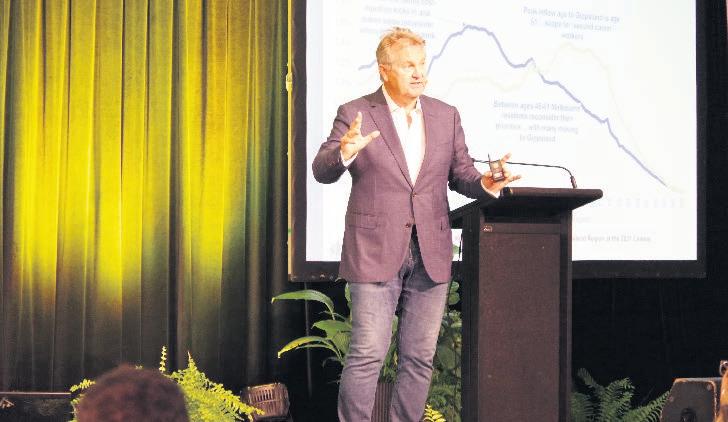
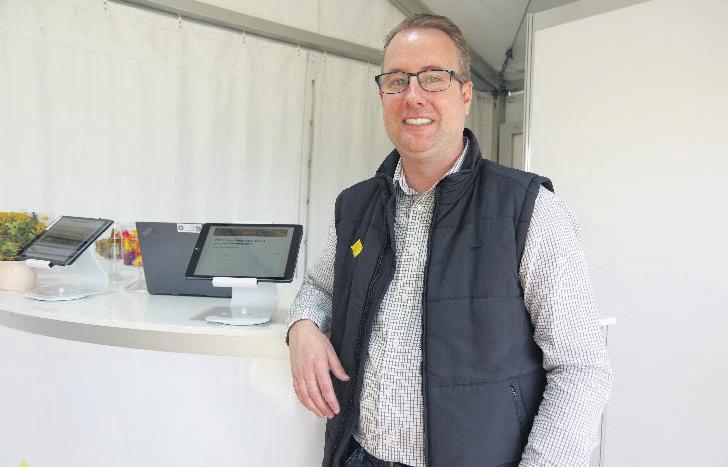
BY JEANETTE SEVERS
THE POPULATION growth of Gippsland, and opportunities that result from it, was the topic of conversation at breakfast at Farm World, held in late March.
Farm World is a major agribusiness event, held over three days at Lardner Park, in West Gippsland.
The annual Farm World breakfast is sponsored by CommBank and attracts a large crowd of early arrivals, many of them dairy farmers and other business owners, and a key guest speaker.
This year’s guest speaker was Bernard Salt, AM, demographer and leading social commentator.
He said Gippsland was a region in transition, with rapid population growth and growing investment opportunities in energy, logistics handling, agribusiness, health, and trades skills training.
His message for councillors and other community leaders arguing for that investment across Gippsland is they needed a focus on metrics and numbers.
“Really serious business people who are looking for investment opportunities are seriously sceptical about a narrative, they are interested in the metrics, the numbers,” he said.
“Gippsland is a wonderful region, so develop a narrative that everyone understands with a couple of key metrics.”
Bernard said Gippsland’s population of 315,000 people was expected to grow to 360,000 within the next 10 years.
He has based his analysis on the Victorian Government’s population projections by local government area.
“Gippsland will change between 2025 and 2035, with about 45,000 extra people moving into the region,” he said.
“Any one of those years could see a population increase of 4000 to 10,000 people.”
The key demographics for this population push were people average age 46 years, but was in the range of 31-61 year old adults, with families, looking for lifestyle balance and the affordability of owning their own home.
Many in the older age group were also looking for their ‘second career’, rather than retirement.
“Warragul-Drouin is the fastest growing town in Australia, measured over the past 10 years,”
Bernard said.
“That will continue.
“Across Gippsland, the population has consistently grown by 1.5 per cent per annum – that’s 4500-5000 people each year.
“Much of this population growth is in the ‘tradies’ sector, which is growing by 10 per cent each year.”
Bernard compared this growth to the Gold Coast, which grows by four per cent per annum.
“Warragul-Drouin offers lifestyle and affordable housing compared with Melbourne,” he said.
“Australians have a relentless pursuit of lifestyle.
“Today, they want a big four-bedroom house with a large living area they can show off to visitors.
“Affordable housing – house and land packages, with a front and backyard – in the $600,000-$700,000 range are not impossible in Gippsland.”
Whatever was driving it – tree change, sea change, retirement, better work-life balance – the growth in population in Gippsland would need to be met with infrastructure and jobs.
Bernard was in favour of developing an airport,
a skills centre and a logistics hub in the region, which was already supported by a productive agricultural sector and a RAAF base.
“I think there should be a third commercial airport in Victoria located in somewhere like this region [Gippsland],” he said.
“And if it’s not in Gippsland, but on the outskirts of eastern Melbourne, it should serve as the interest of Gippsland.
“Gippsland already has a university campus and, by my research, there seems to be a TAFE and skills training facilities in almost every one of the major towns across Gippsland.
“Can we expand and increase the depth of skills training through these facilities in Gippsland, so we produce the kind of skills we need in this region?
“Can a Centre of Excellence be developed in Gippsland, to deliver the skills training necessary for developing agricultural equipment and learning to use it to optimise food and livestock production?
“People love the idea of agribusiness being successful and a foundational source of prosperity for the Australian people for decades into the future.
“The machinery and equipment used on farms now, and the scale of agribusinesses, make the farming enterprises of today unrecognisable from that known by the depression generation.
“We’re actually far more productive now in agribusiness than ever before.”
Bernard said unfortunately a lot of policy and planning until now had been done by people from that depression generation and baby boomers and this has centralised planning to focus on urban areas.
The population of Australia has grown by eight million since the year 2000, a mix of about five million immigrants and three million people
born in Australia.
The majority of that eight million population have settled in lifestyle regions along Australia’s eastern seaboard and Gippsland.
“Can a transport and logistics hub be developed in the region of Lakes Entrance?” Bernard said.
A logistics hub would support warehousing and an industrial base for all associated industries with truck driving, truck sales, truck servicing, driver training, that benefits all of Gippsland.
“Can an additional port be developed in Gippsland?
“What is needed to meet this population growth is a galvanised community.
“Do you have business-thinking in this community that are prepared to invest in this community?
“Do you have a community that is 100 per cent behind the growth and development of Gippsland?
“A Gippsland that has 45,000 people added over 10 years, in an estimated 20,000 dwellings – that requires the skills of electricians, builders, plumbers and carpenters.
“That community is not always acknowledged as the asset that I think we should recognise it as.”
CommBank Agribusiness Banking in Victoria and Tasmania Dominic general manager Westendorf said East Gippsland was an emerging region for investment.
“We’ve had a 15 per cent growth in lending to agribusiness in East Gippsland,” Dominic said.
“We’ve also seen a growing interest in East Gippsland because of lifestyle opportunities and affordability of property.”
See more pictures from Farm World online at: www.dairynewsaustralia.com.au
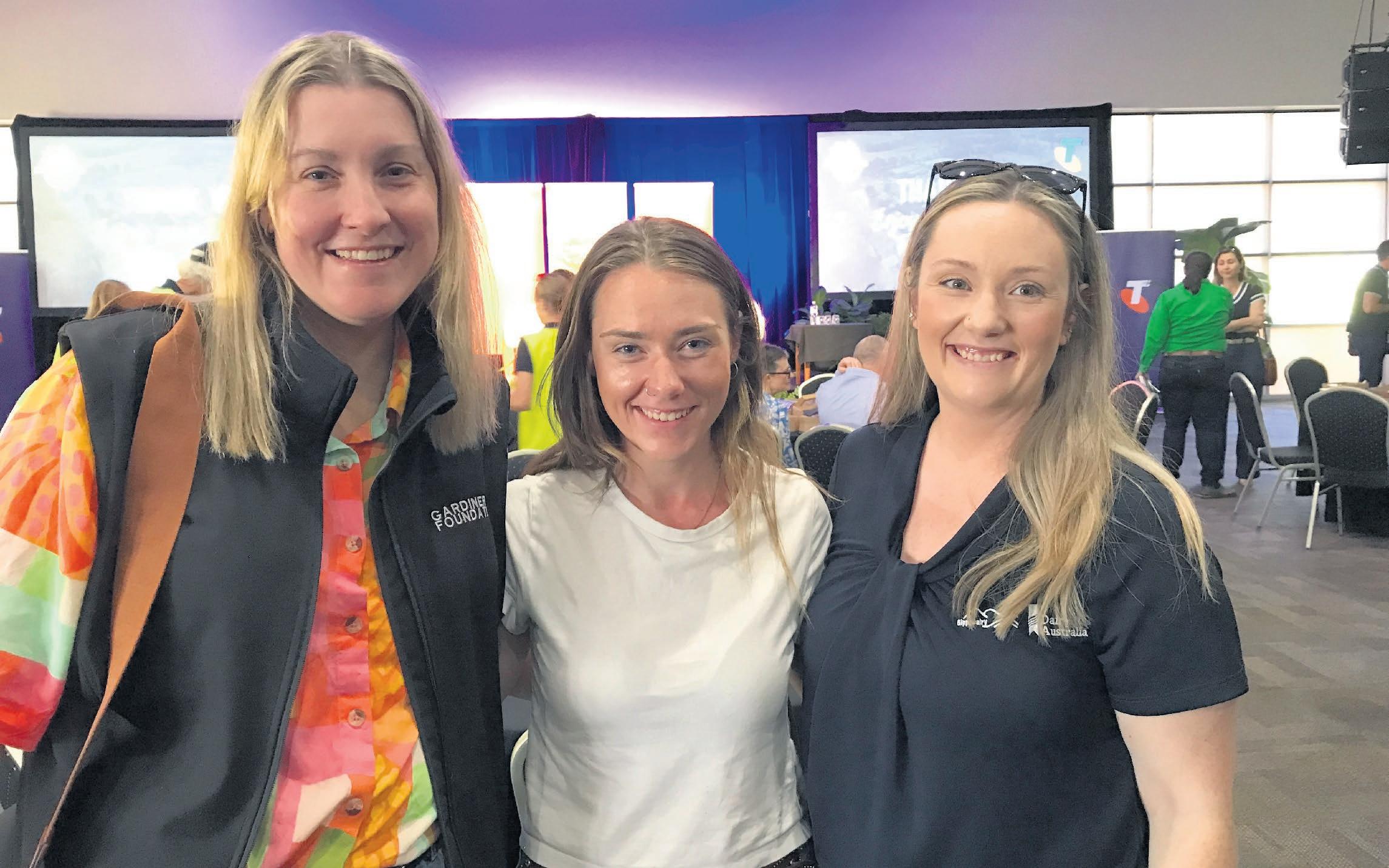
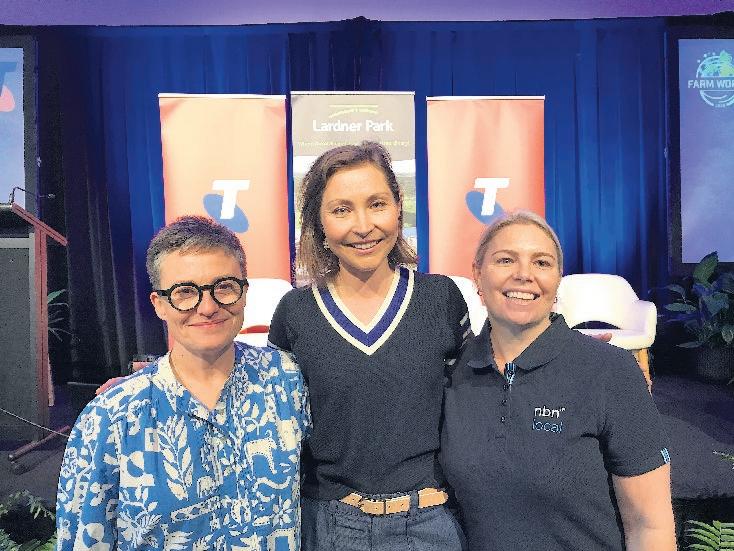
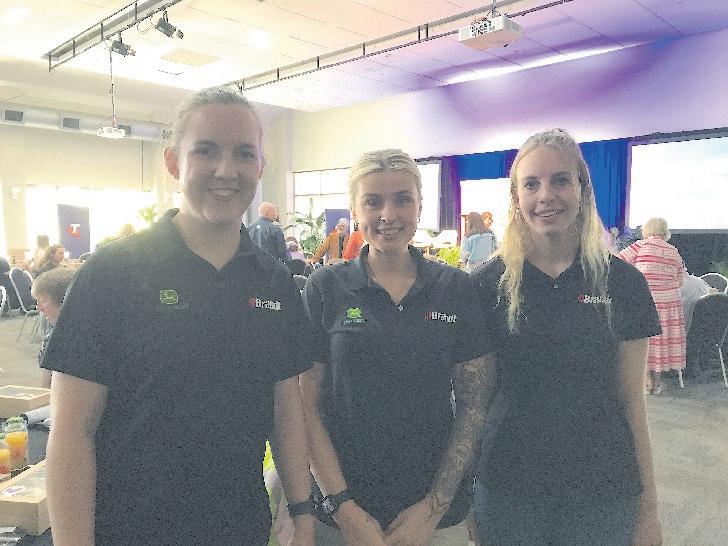

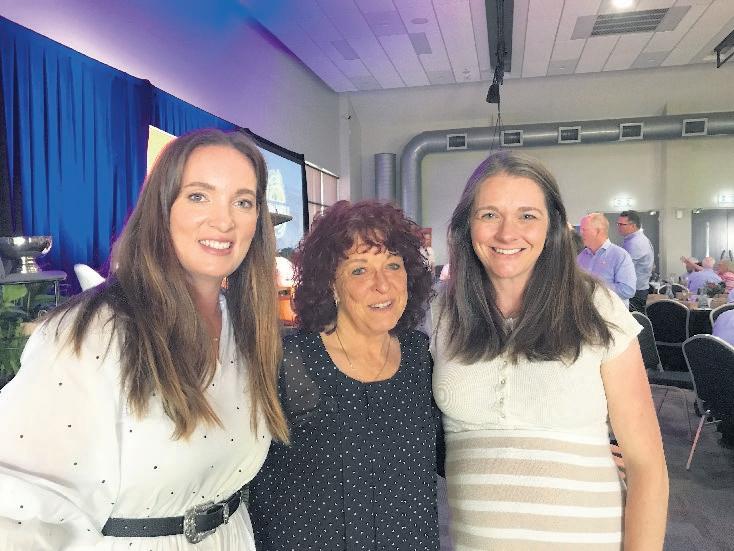
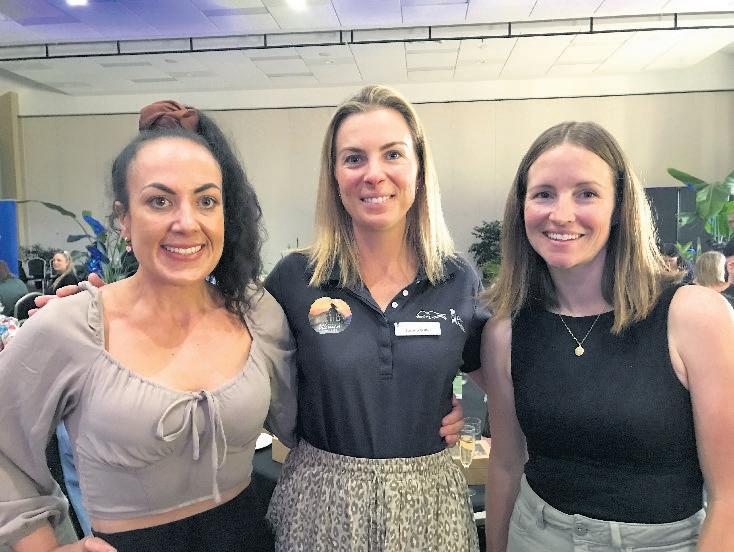
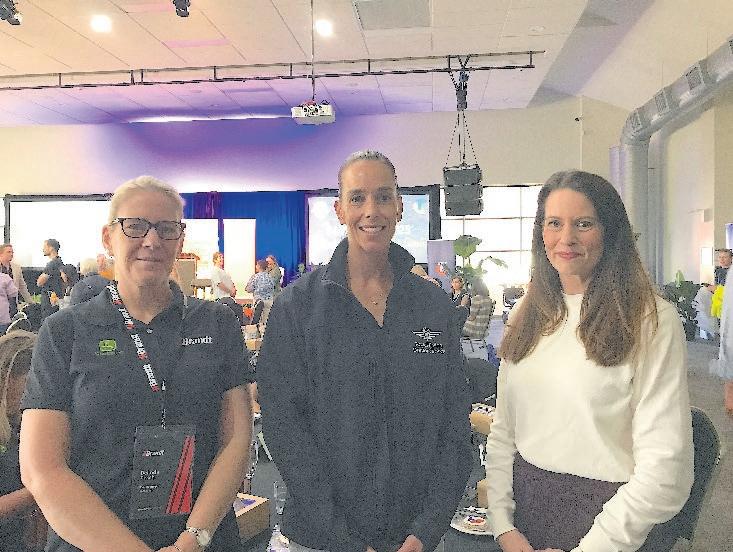
BY JEANETTE SEVERS
THE ANNUAL women in agriculture lunch at Farm World attracted two guest speakers. Danielle (Dani) Pearce was born and raised on a dairy farm in Gippsland.
As a young woman, she founded Merry People, the gumboot manufacturer for Australian women who live on and off the farm.
Dani spoke about how she used the resilience she earned from growing up in Gippsland and in a family of mixed ethnicity to build her brand and company.
In the early days of her business, Dani had a stall at Farm World where she sold her Merry Boots and used direct customer feedback to guide her design ideas.
Stephanie (Steph) Trethewey married a man who was raised on a farm in Tasmania and, although both of them were working as journalists, she followed him when he wanted to return to farming in rural Tasmania.
Feeling isolated and with a young family, Steph founded Motherland Australia, an online community to connect women like her, raising families in rural communities.
Steph has gone on to develop a podcast series and authored a book of stories related to her by other mothers.
She received the 2024 Australian of the Year in Tasmania award and in 2022 was the national winner of the AgriFutures Rural Women’s Award.
Telstra has sponsored the women in agriculture lunch at Farm World since its inception.
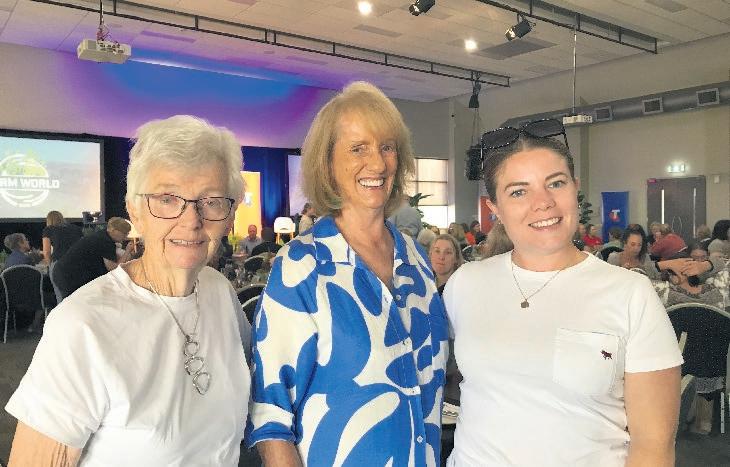
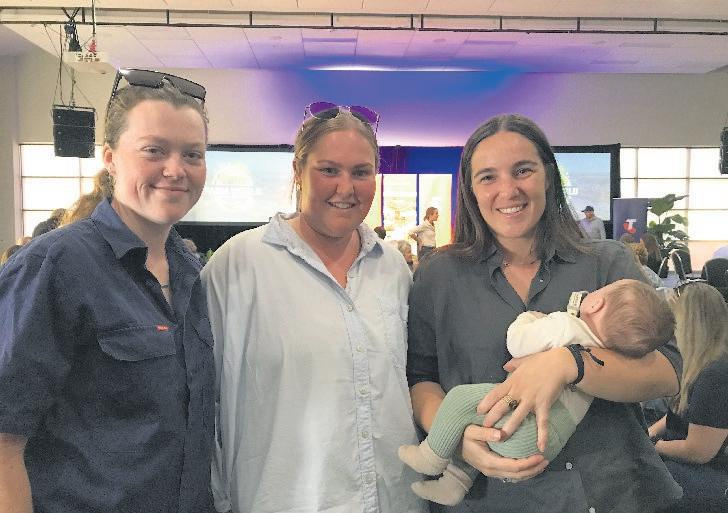
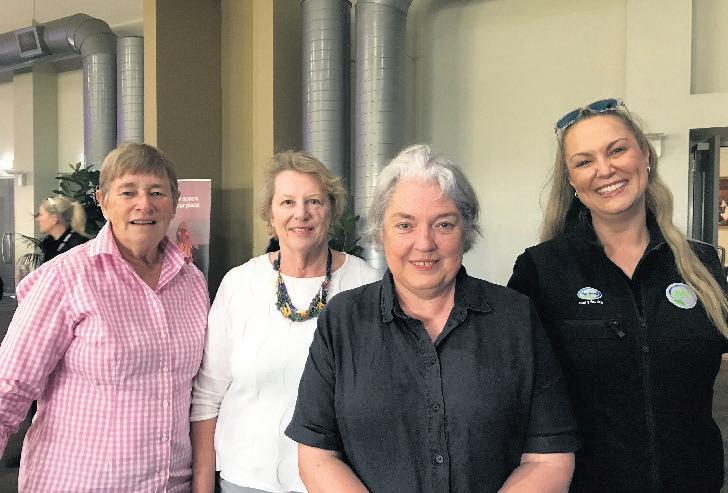
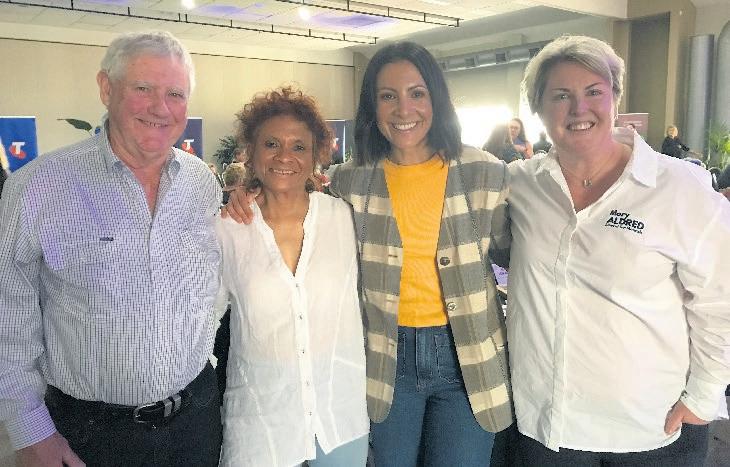
See more pictures from the event and the full story about guest speaker

BY JEANETTE SEVERS
FARM WORLD’S annual women in agriculture lunch was founded by the late Angela Betheras, who was also the first female chair of Lardner Park, which hosts the event.
The women in agriculture lunch has hosted a range of guest speakers in the past nine years. This year, one of the guest speakers was home grown.
Danielle (Dani) Pearce was born and raised on a dairy farm at Leongatha, in Gippsland.
As a young woman, she founded Merry People, the gumboot manufacturer for Australian women who live on and off the farm.
Dani spoke about how she used the resilience she earned from growing up in Gippsland and in a family of mixed ethnicity to build her brand and company.
In the early days of her business, Dani had a stall at Farm World where she sold her Merry boots and used direct customer feedback to guide her design ideas.
“I came to Farm World as a child, with my parents, and in the early days of Merry People I took a stall to sell my gumboots,” Dani recalled for the audience.
She said she was inspired by watching her parents, who are still dairy farmers at Leongatha, that she could develop and run a business.
“Growing up on a dairy farm and surrounded by people running a business, investing in assets, dealing with uncertainty and risk – it taught me that life is not linear,” Dani said.
“My Dad is Australian and Mum is Indian, so growing up as a mixed-race child, in a rural community, I understood diversity, and I felt comfortable being different.”
Dani also credits sport with helping her understand about risk and resilience.
“Sport taught me the growth mindset of winning, and of humility, because I didn’t always win,” she said.
“I also learned how to choose what I’m good at and concentrate on that.”
Dani went to Melbourne for university, then on to a working life in the banking sector and as a project manager.
This is where she developed her idea of an everyday gumboot that appealed to women and was costed in the mid-range.
She developed a business plan for her “gumboot idea” and used her savings to manufacture a small range of gumboots.
“The risk was I would spend all my savings and have to return to the farm with boxes of gumboots that I couldn’t sell,” Dani said.
Unfortunately, Dani could not attract support in Australia that met her desire to create an Australian manufactured product.
“My business wasn’t big enough,” she said.
So she went on a steep learning curve to learn about manufacturing possibilities overseas and how to import products to Australia.
That led her to China, with several possibilities for manufacturing her gumboot range in an overseas factory.
“Going back to the airport to fly home to Australia, I felt an immense sense of accomplishment of getting this far with my dream, and I knew ‘I can do what’s next’,” Dani said.
Back in Australia, she recruited retail and wholesale outlets and set up her stall at local weekend farmers’ markets.
The feedback from customers caused Dani to redevelop her brand, as a product that was solving problems for people.
She also developed an online store, which rapidly grew a customer base, and Dani soon found herself working seven days selling her product.
She recruited a team around her to support the business, and herself and her growing family.
“Merry People tripled business in the year after my first child was born,” Dani said.
“It was a lot to juggle.
“With child number two, my husband became a stay at home parent.”
Merry People now employs people in 25 equivalent full-time roles in Australia, with 60 per cent of the workforce women.
The business also supports employment in the factory in China, and jobs in retail outlets across Australia.
The range continues to diversity, with sandals joining the range of gumboots last summer and a children’s range and mens’ waterproof gumboots also building the brand.
“I’m also planning to open my own retail store in Melbourne in 2026, so that’s the next project,”
Dani said.
“I’m proud of what I learned growing up in Gippsland that has given me the skills to found and build this business.”
Merry People also has a philanthropic aspect, providing gumboots as raffle prizes to schools, kindergartens and childcare centres, and donates funds to other charitable causes, including programs for youth homelessness and the Mother’s Day Classic Foundation.
Merry People donated 500 boots for distribution to women affected by the Queensland floods in 2024.
“I wanted to do something in life with purpose. Merry People has enabled me to do that,” Dani said.
Telstra has sponsored the women in agriculture lunch at Farm World since its inception, nine years ago.
